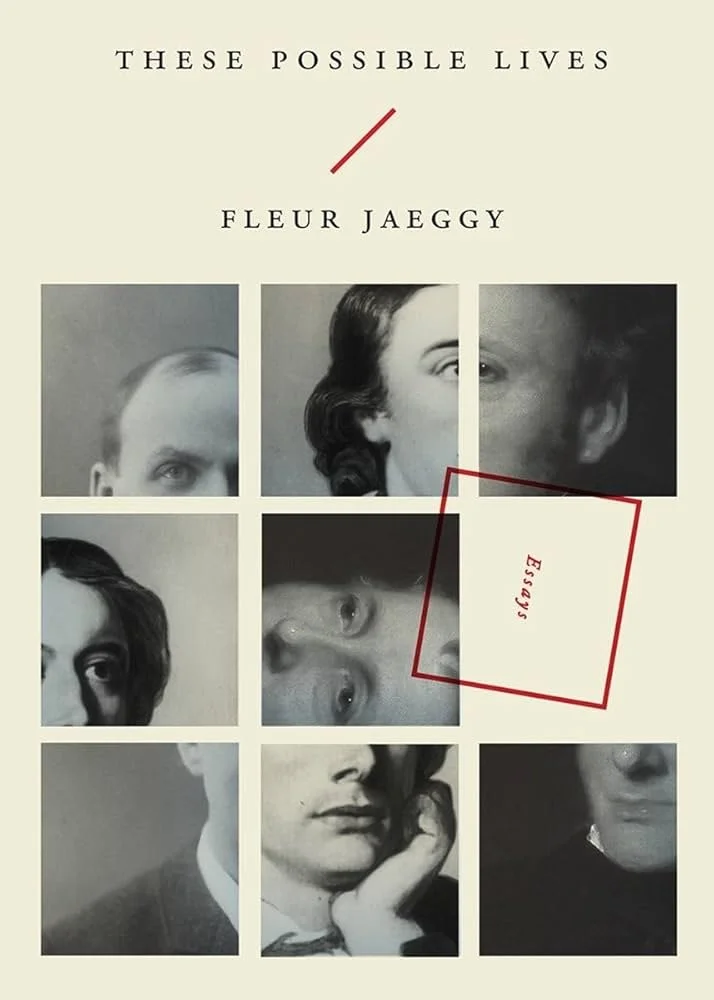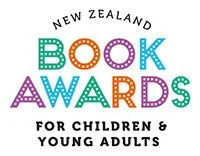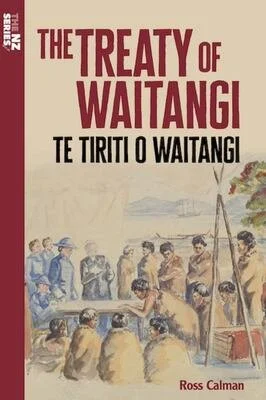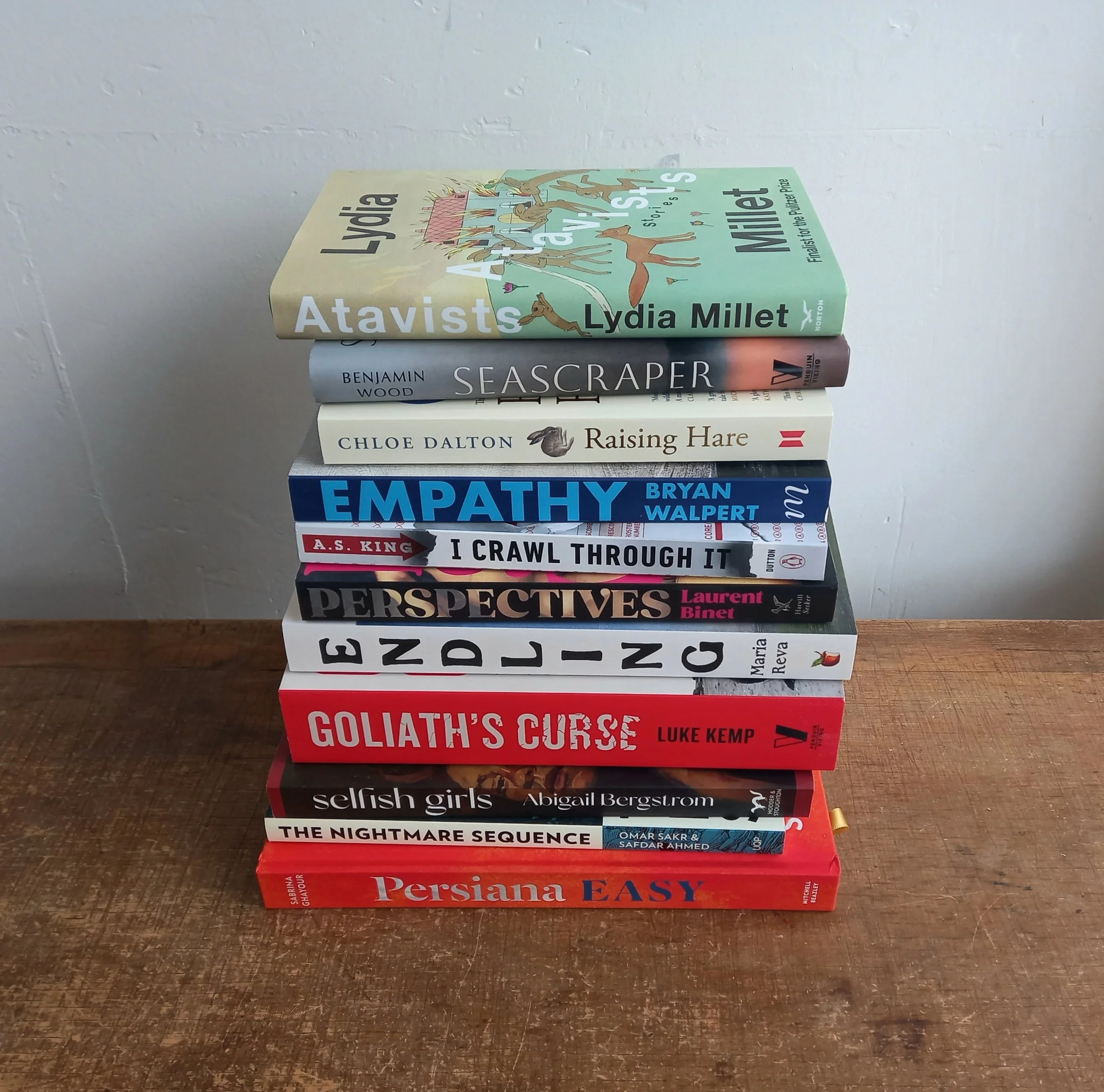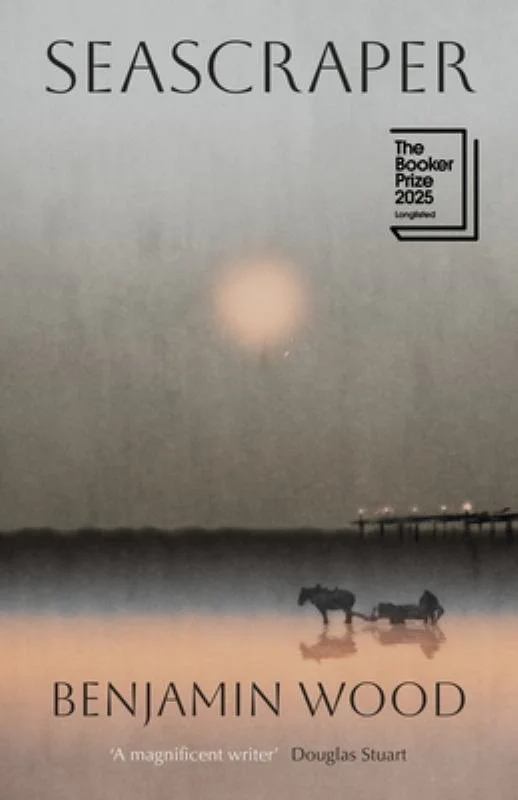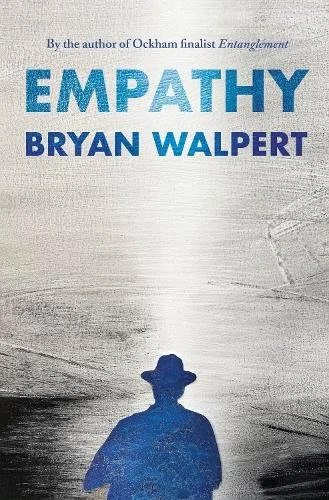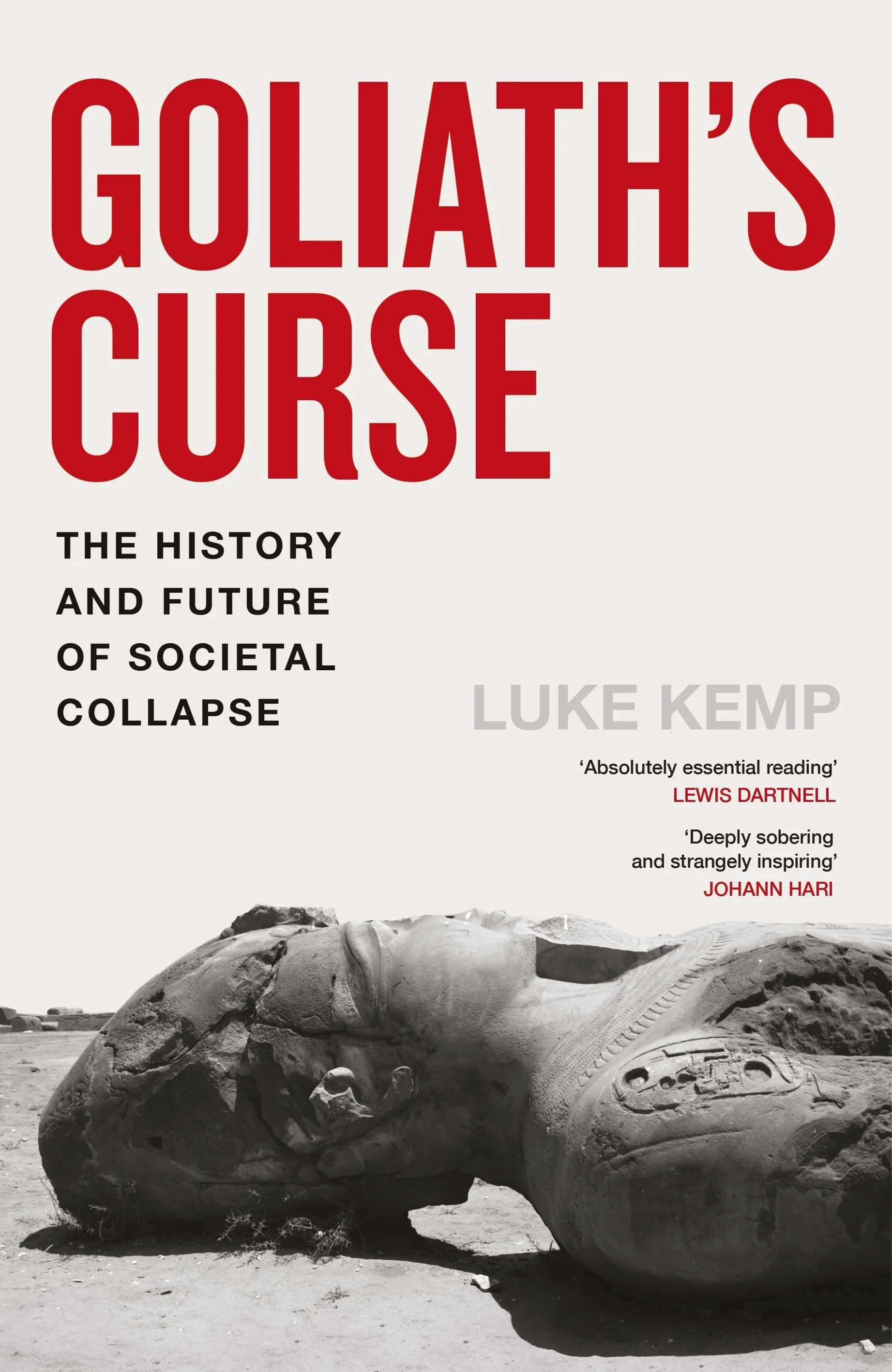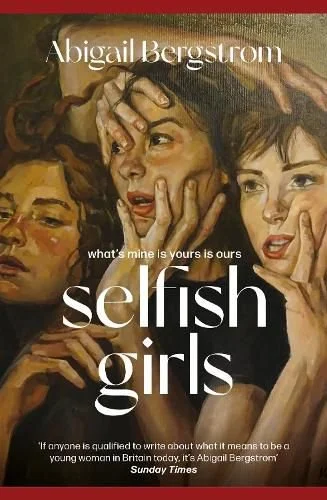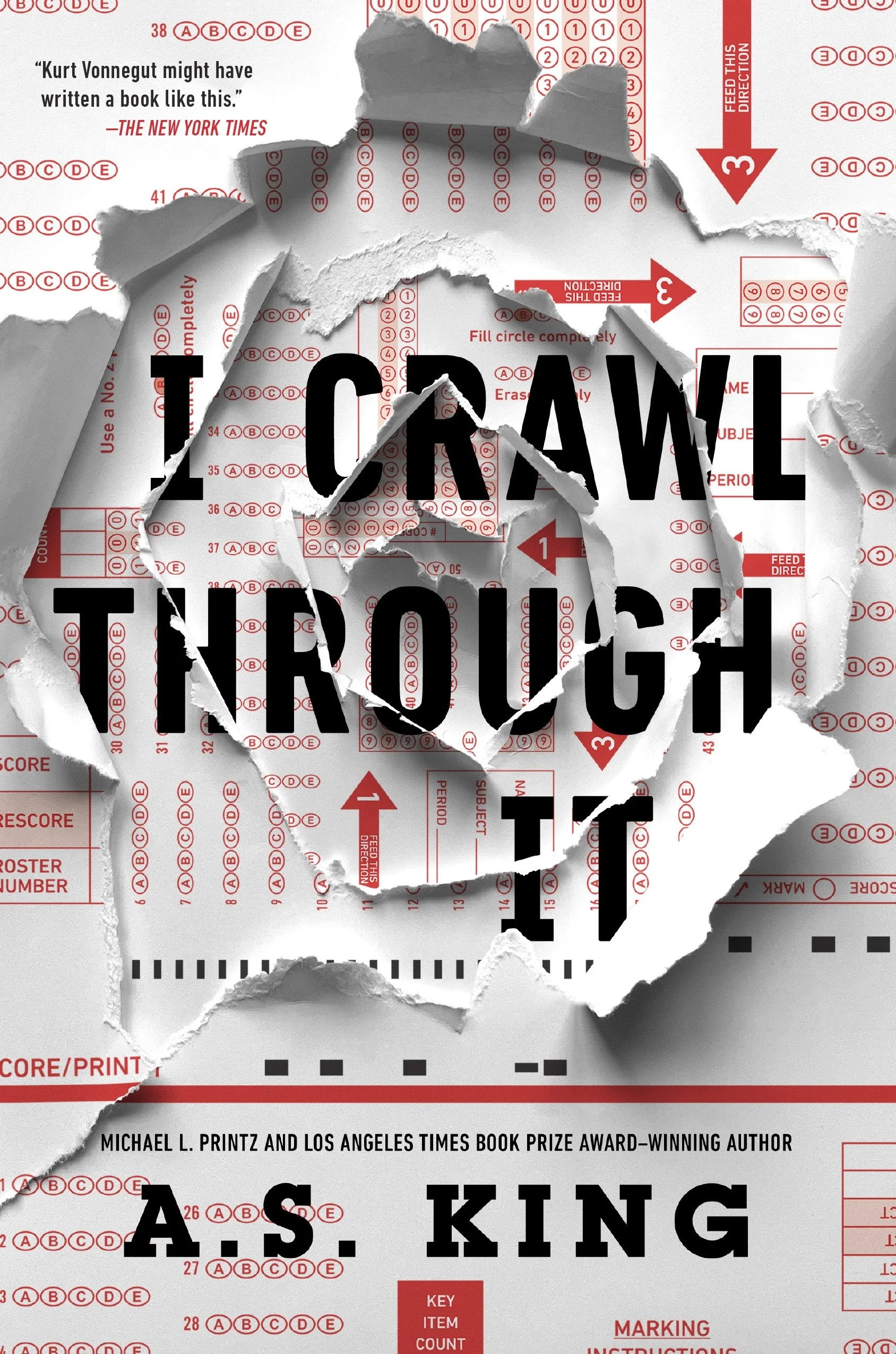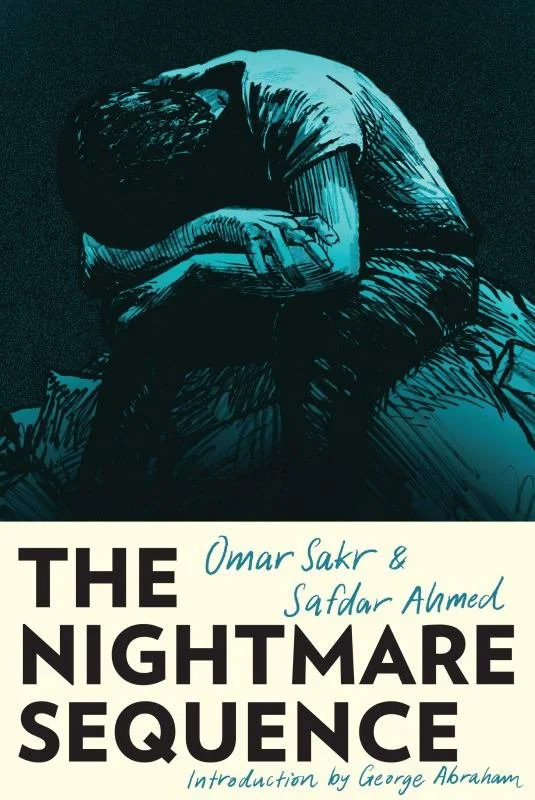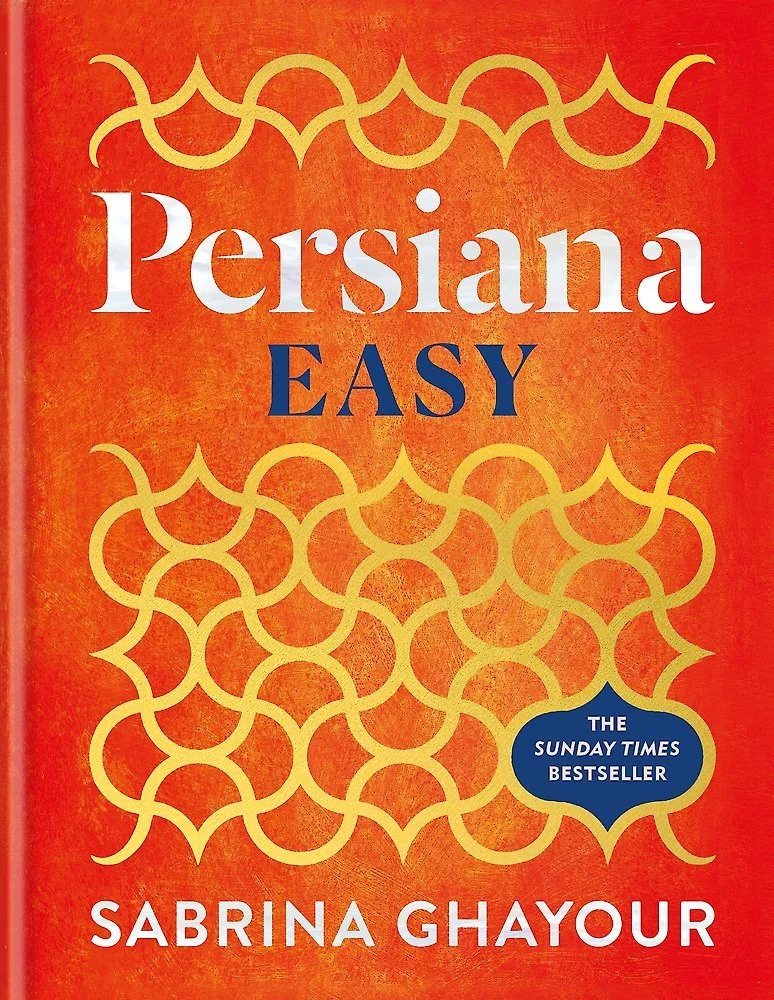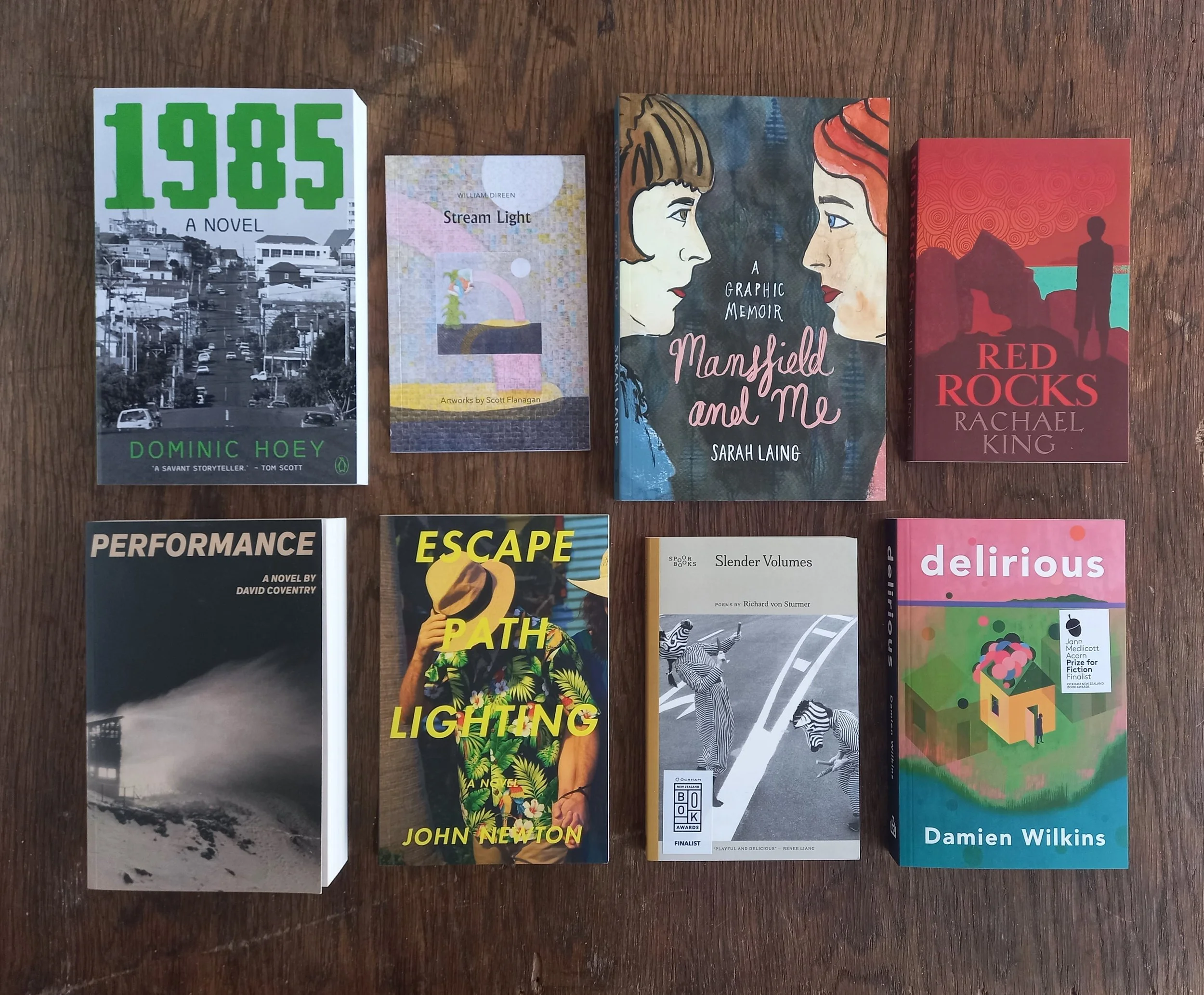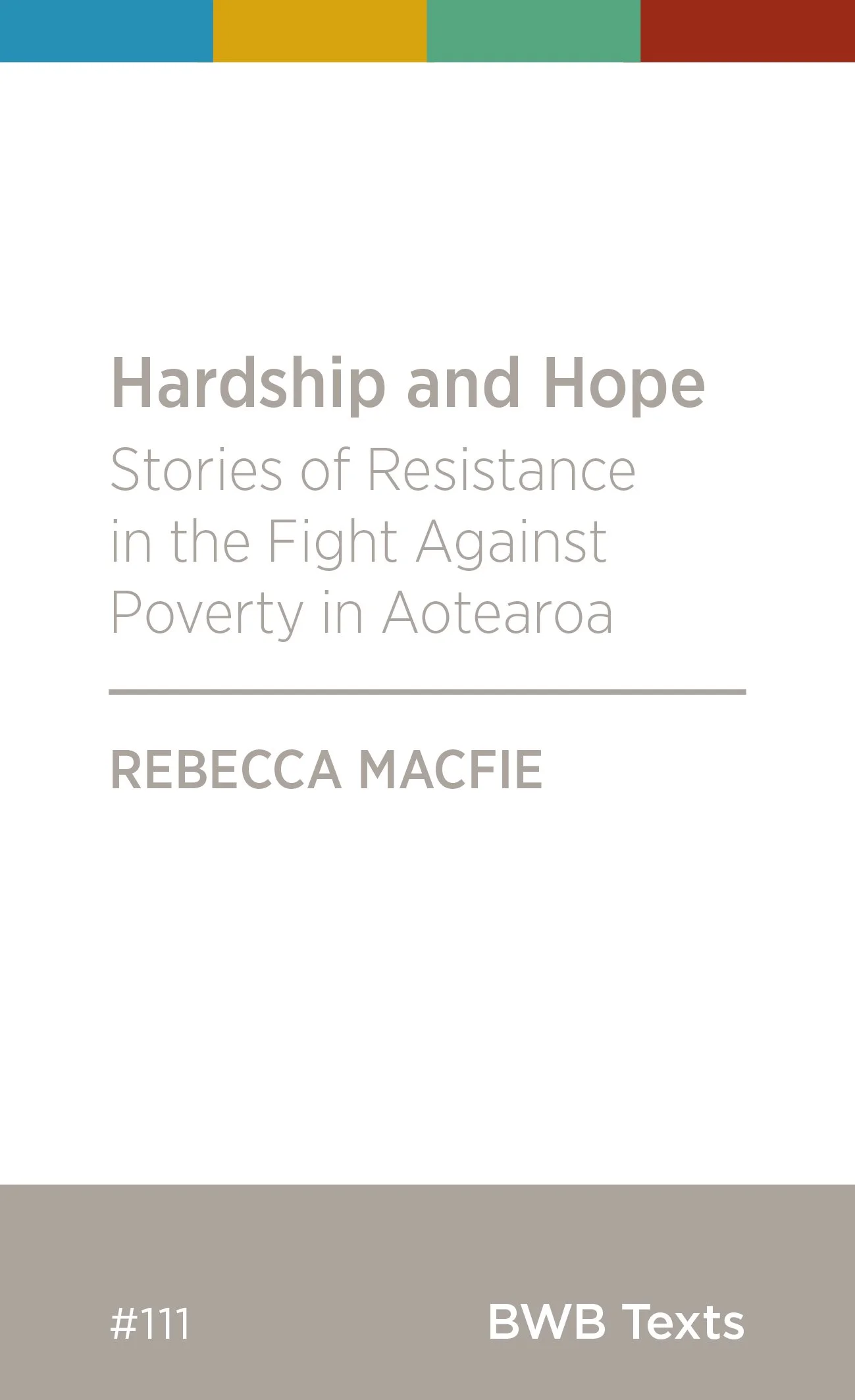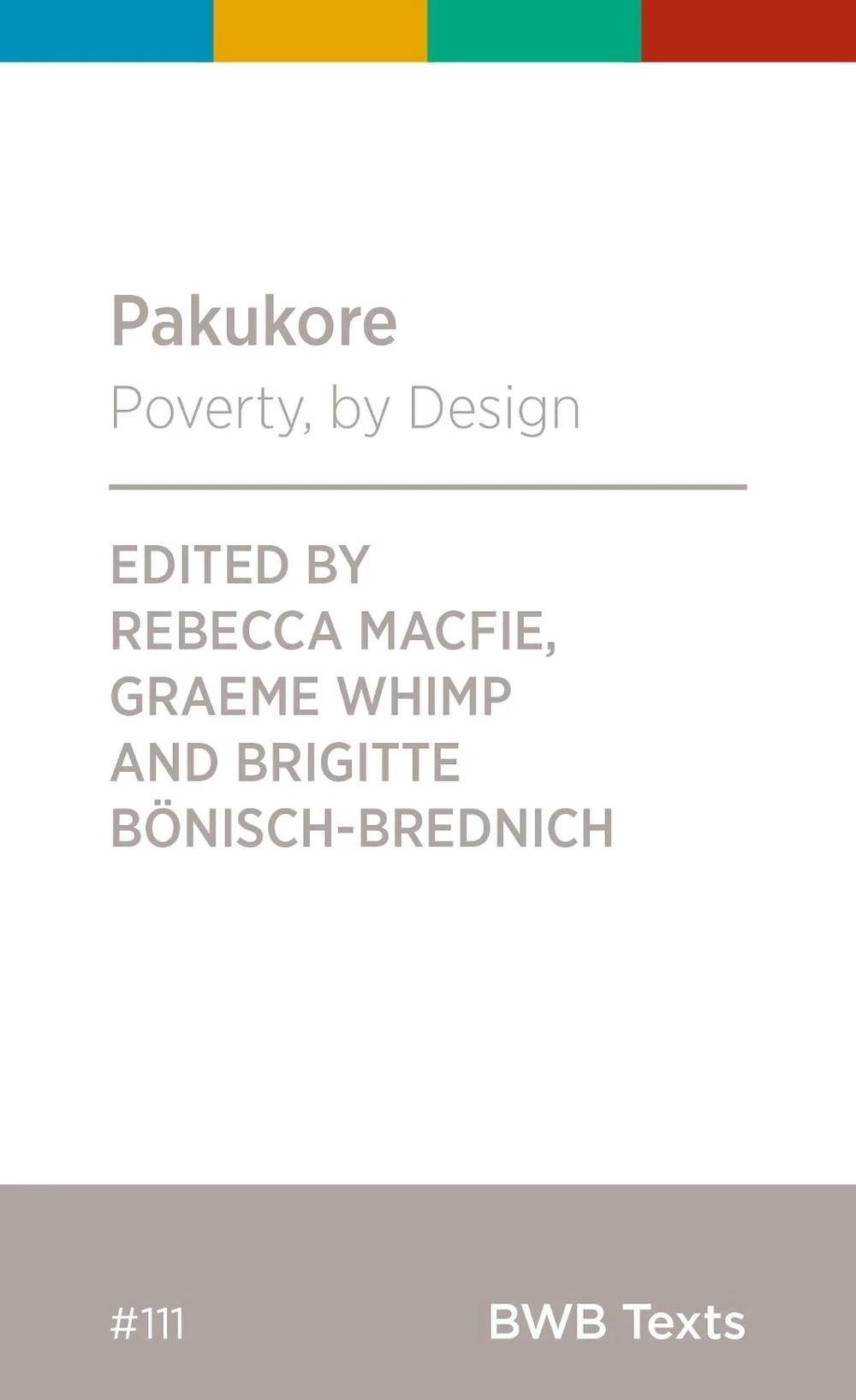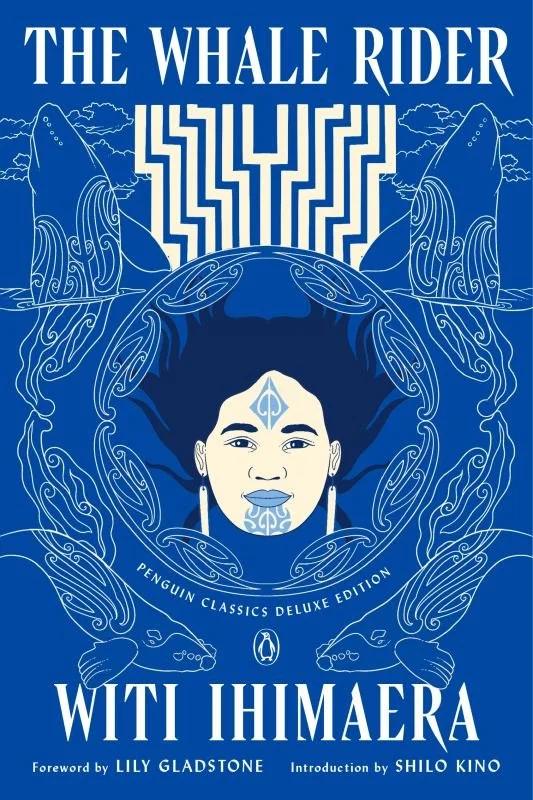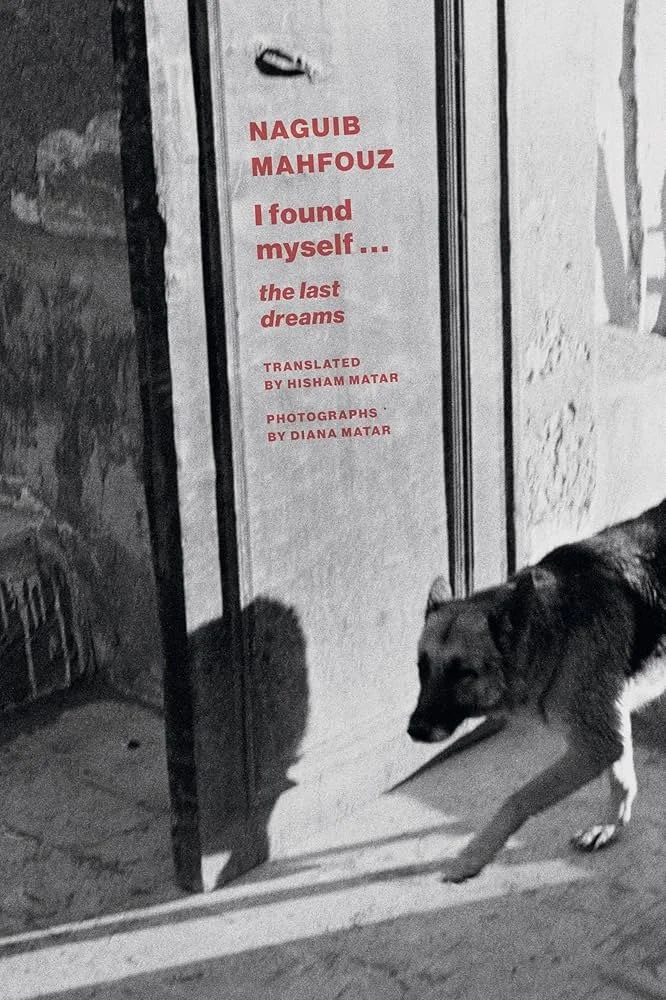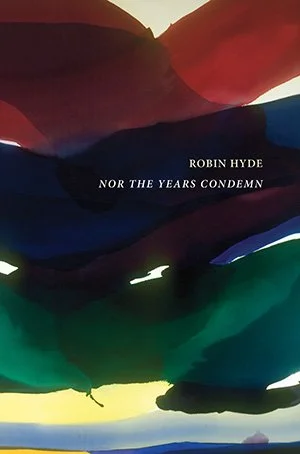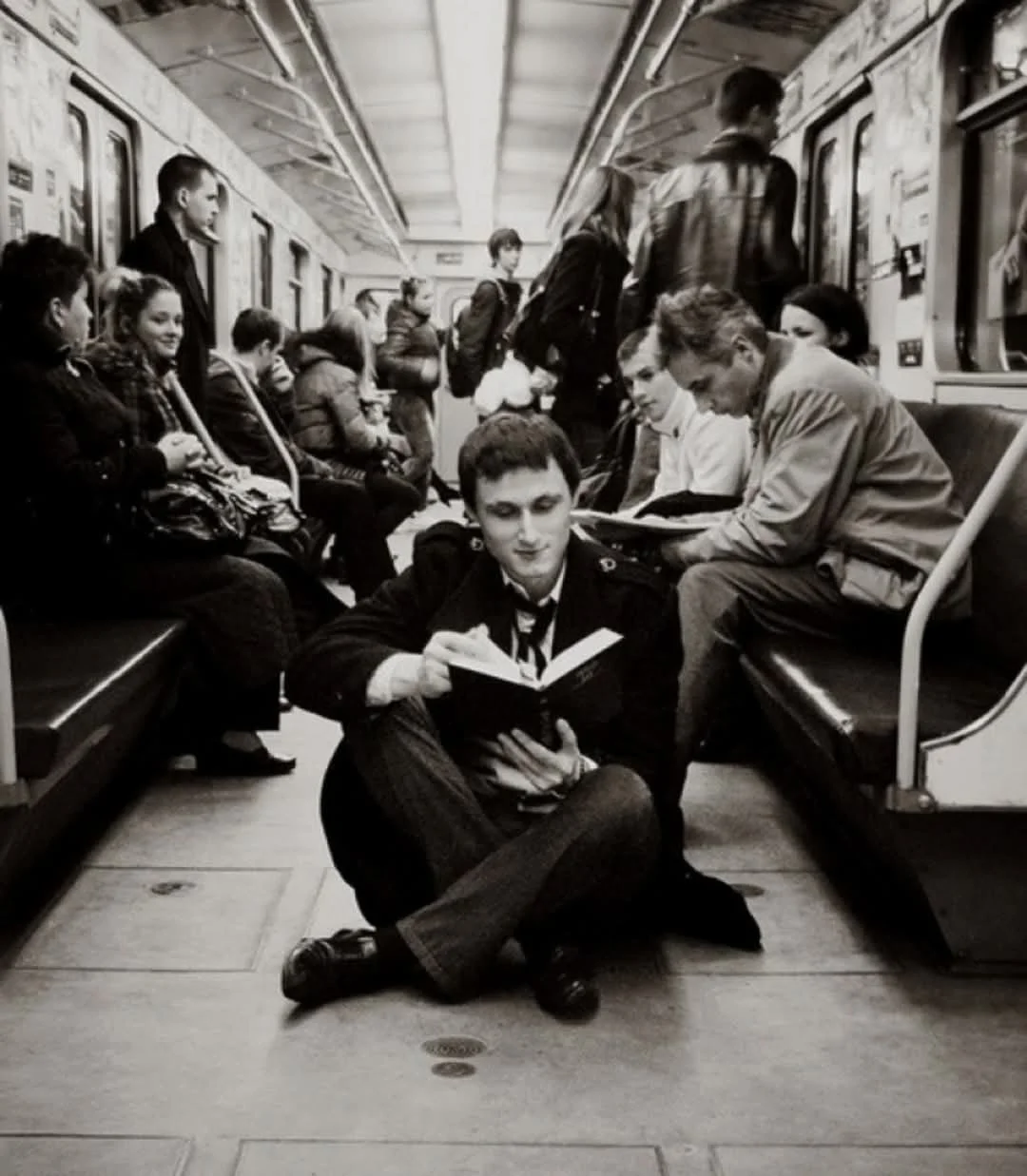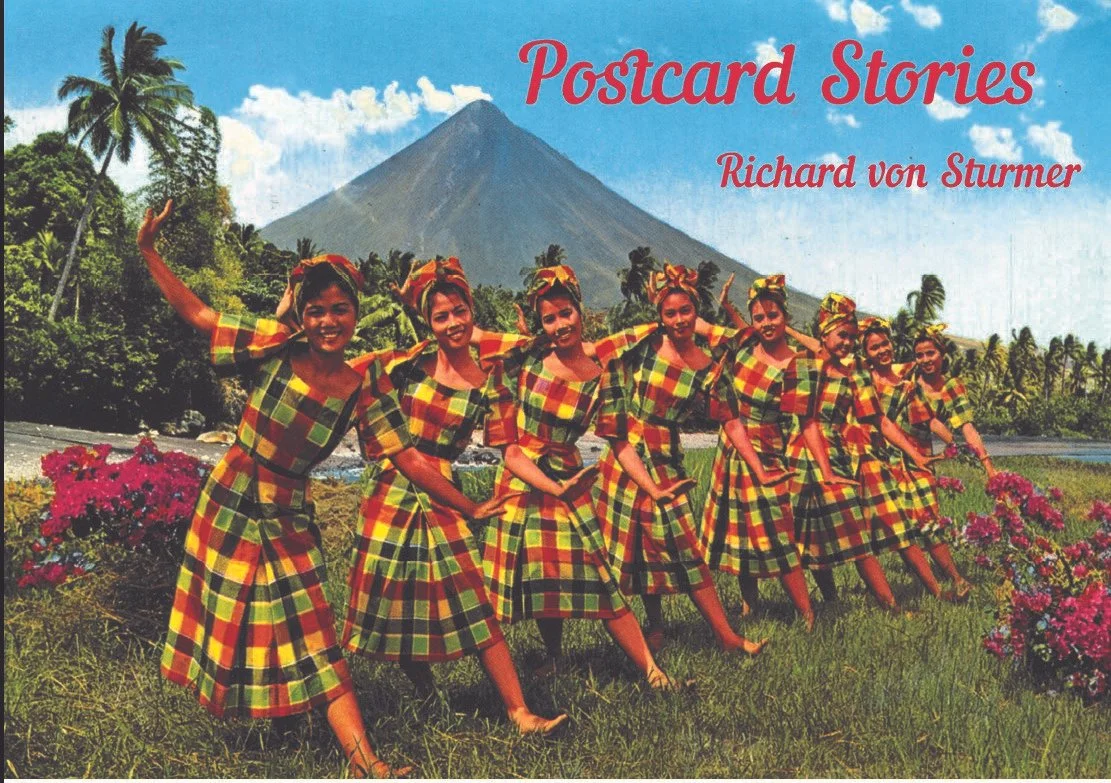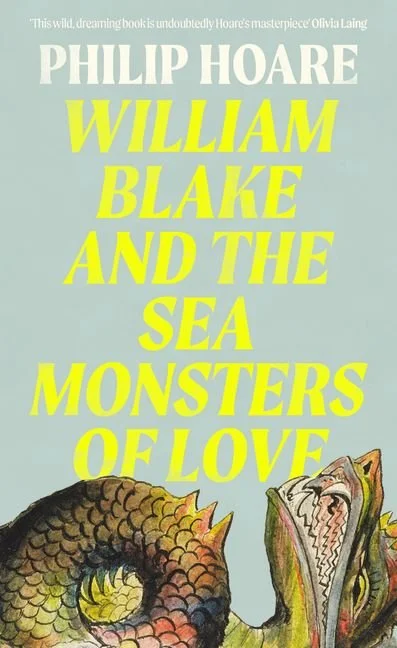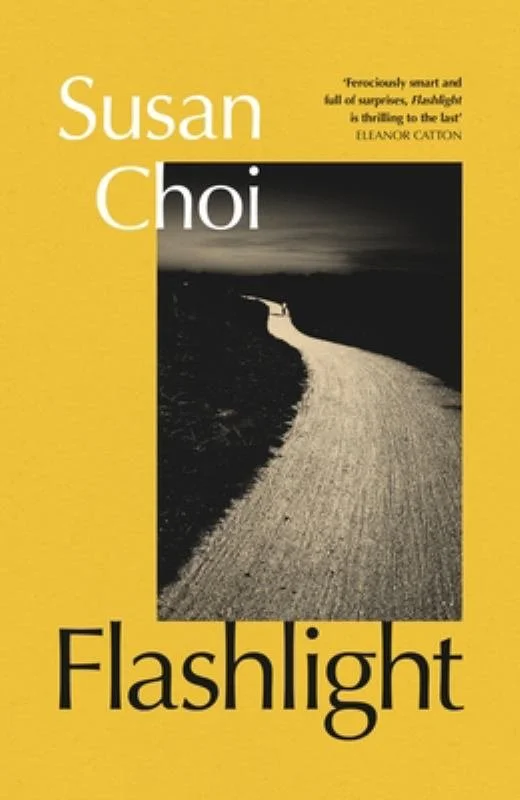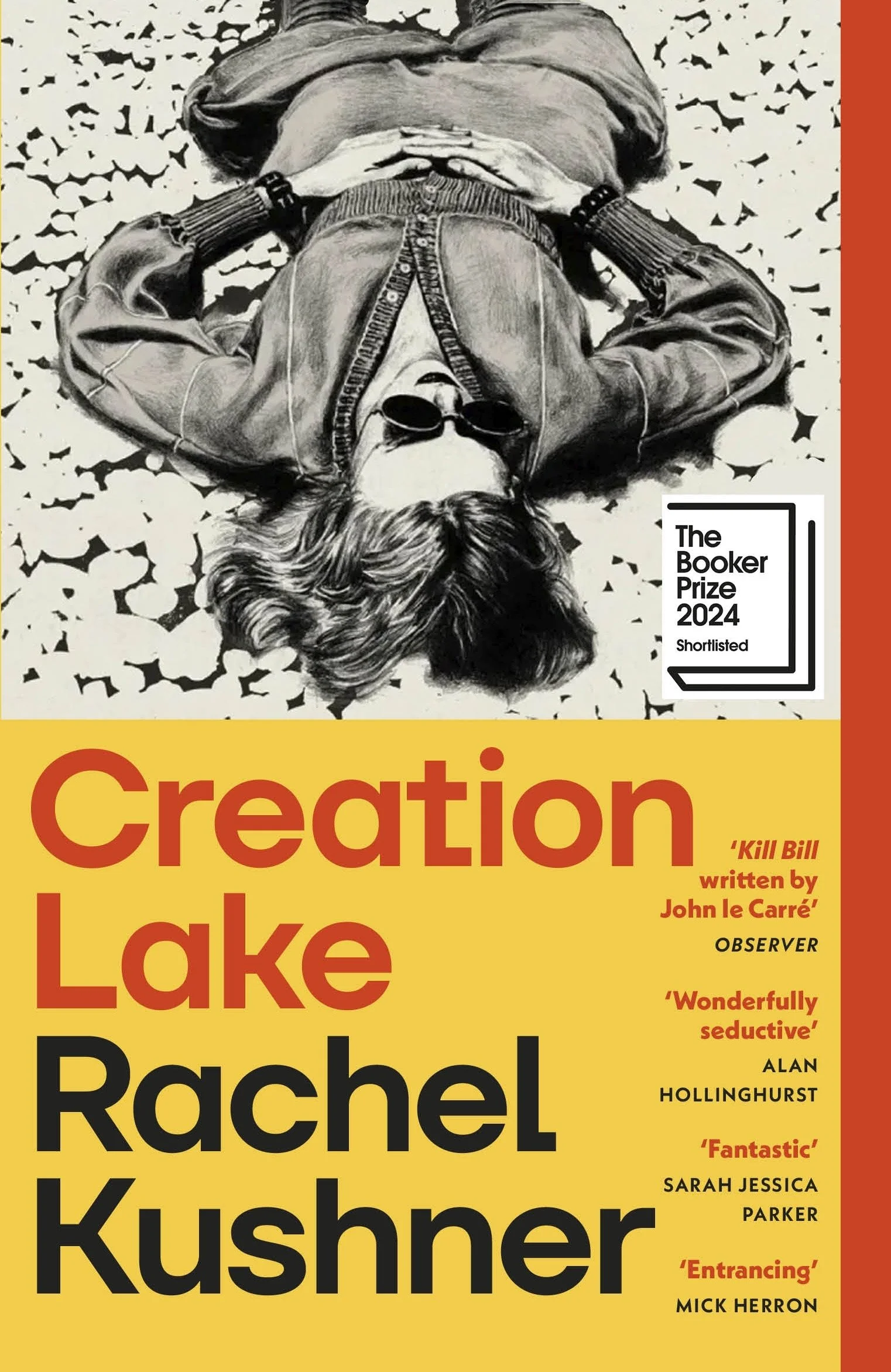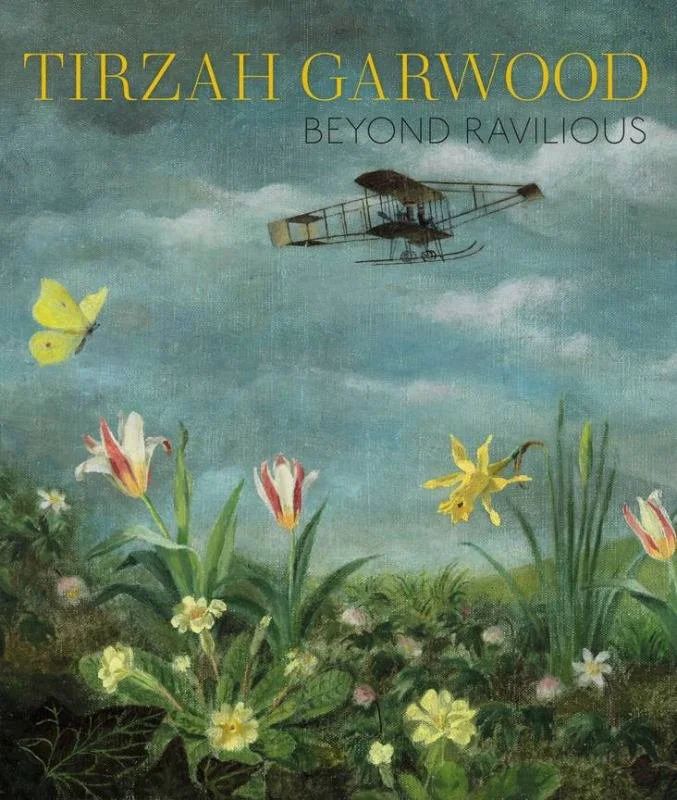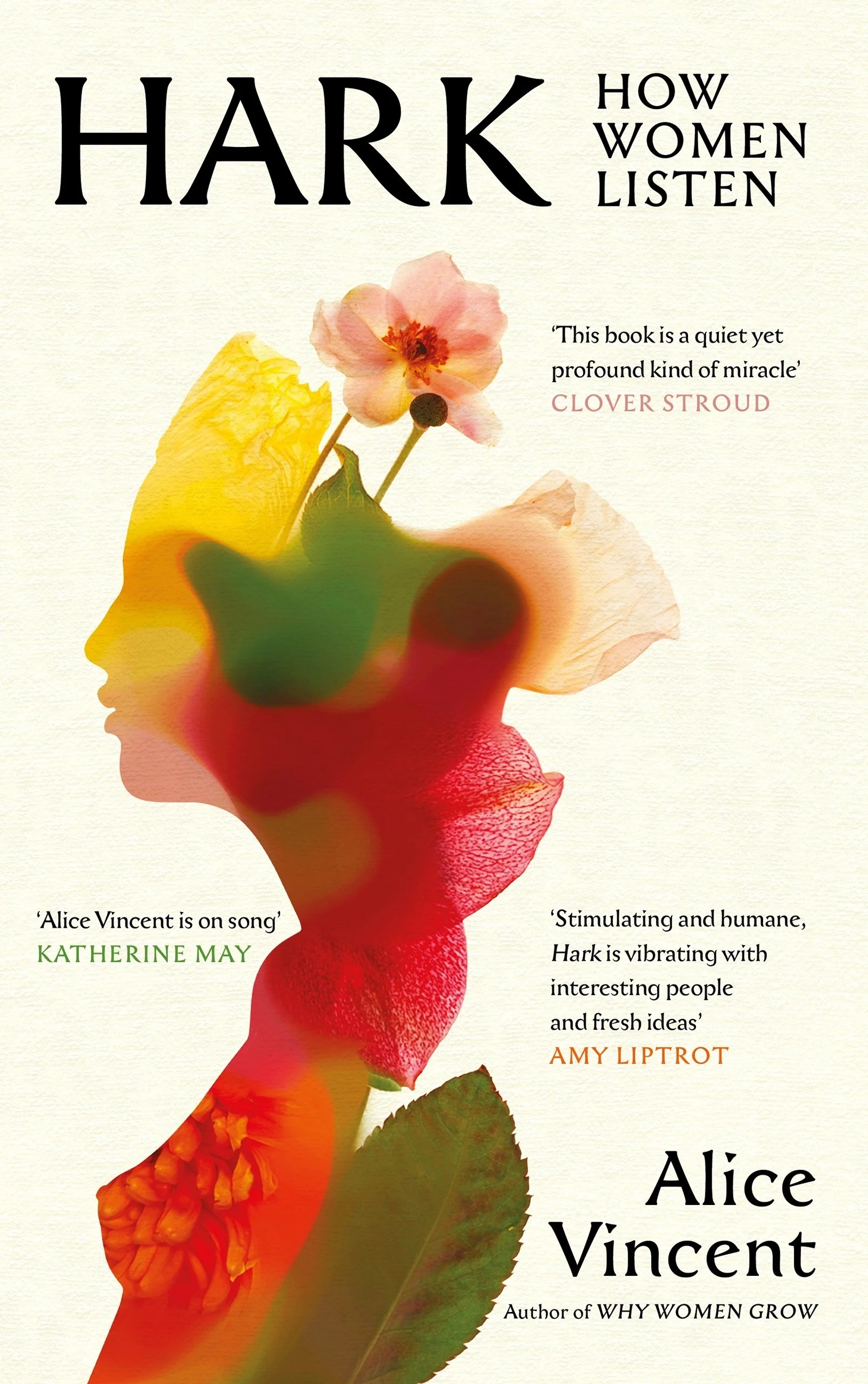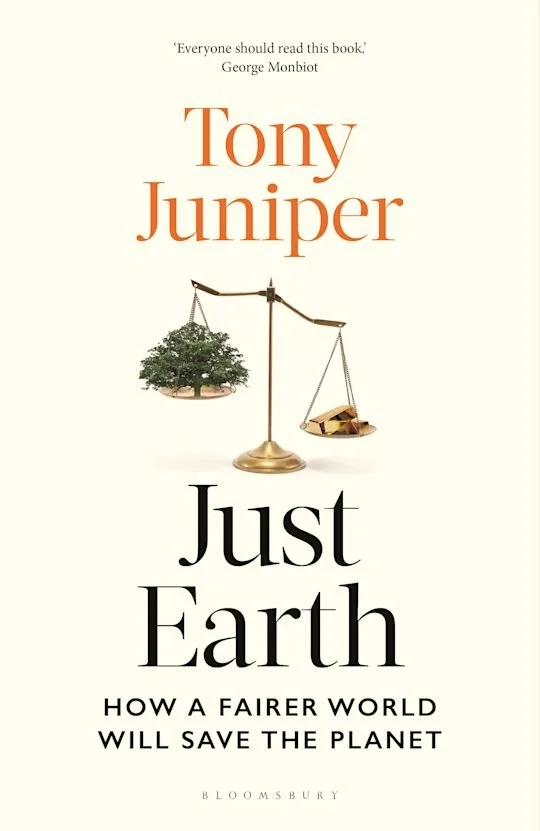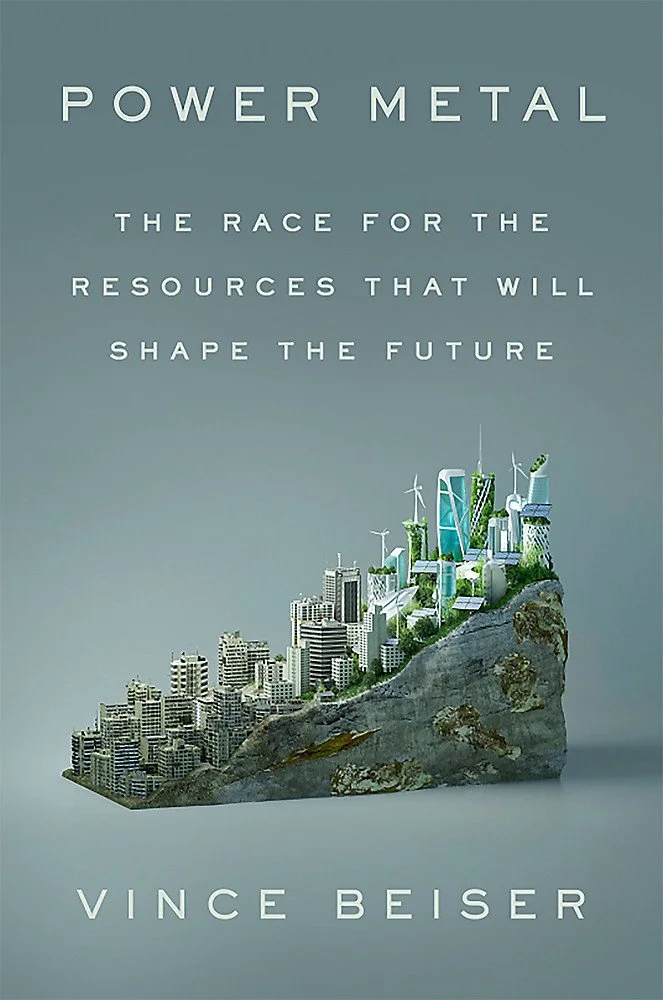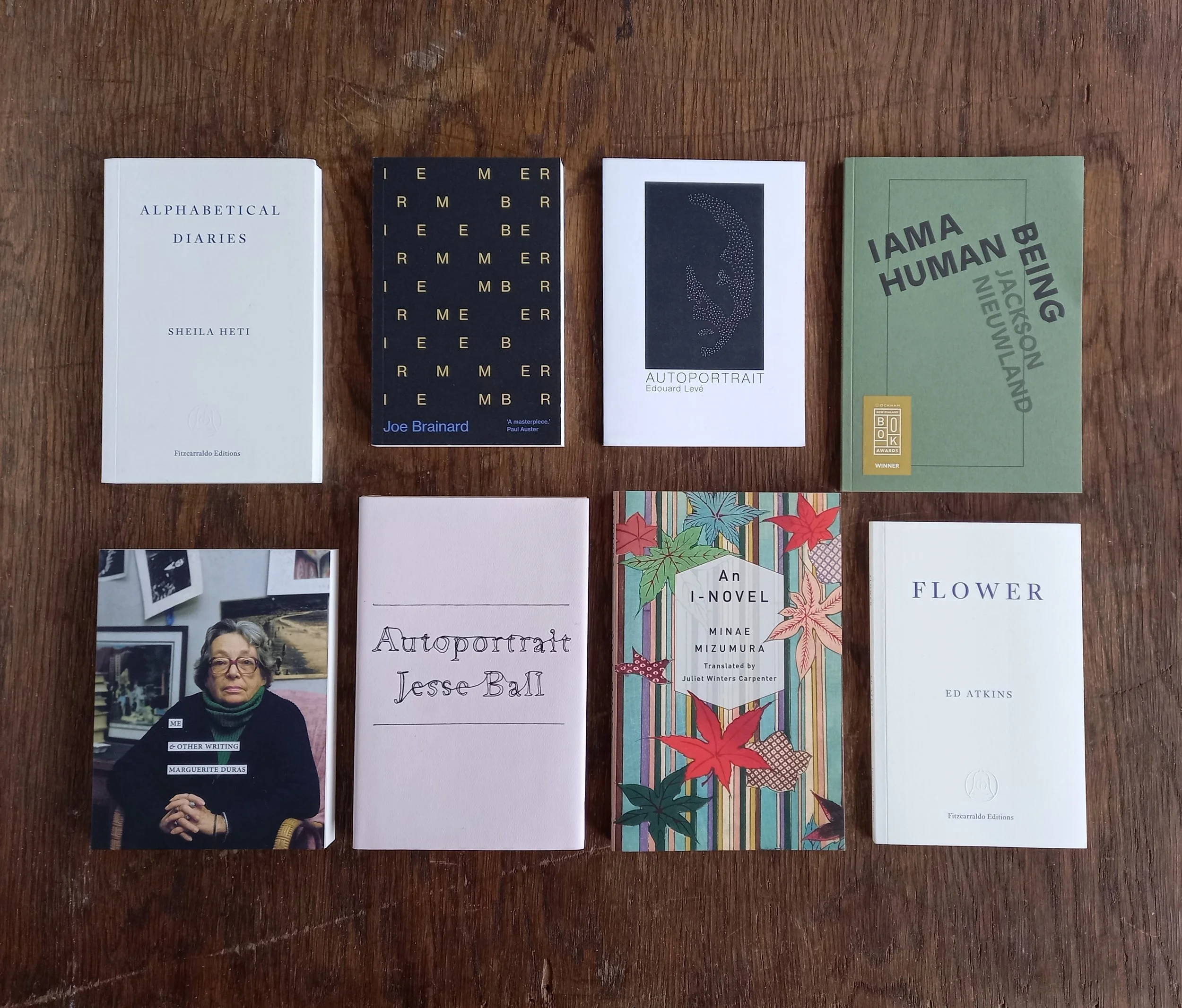The desire to understand must not be confused with the desire to know, especially in biography. Too often and too soon an accretion of facts obscures a subject, plastering detail over detail, obscuring the essential lineaments in the mistaken notion that we are approaching a definitive life. Such a life could not be understood. Instead a whittling is required, a paring from the mass of fact all but those details that cannot be separated from the subject, the details that make the subject that subject and not another, the details therefore that are the key to the inner life of the subject and the cause of all the extraneous details of which we are relieved the necessity of acquiring (unless we find we enjoy this as sport). Jaeggy, whose fictions remain as burrs in the mind long after the short time spent reading them, has here written three biographies, of Thomas De Quincey, John Keats and Marcel Schwob, each as brief and effective as a lightning strike and as memorable. Jaeggy is interested in discovering what it was about these figures that made them them and not someone else. By assembling details, quotes, sketches of situations, pin-sharp portraits of contemporaries, some of which, in a few words, will change the way you remember them, Jaeggy takes us close to the membrane, so to call it, that surrounds the known, the membrane that these writers were all intent on stretching, or constitutionally unable not to stretch, beyond which lay and lies madness and death, the constant themes of all Jaeggy’s attentions, and, for Jaeggy, the backdrop to, if not the object of, all creative striving. How memorably Jaeggy gives us sweet De Quincey’s bifurcation, by a mixture of inclination, reading and opium, from the world inhabited by others, his house a place of “paper storage, fragments of delirium eaten away by dust”, and poor Keats, whose “moods, vague and tentative, didn’t settle over him so much as hurry past like old breezes,” and Schwob, with his appetite for grief tracing and retracing the arcs of his friends’ deaths towards his own. These essays are so clean and clear that light will refract within them long after you have ceased to read, drawing you back to read them again. Is the understanding you have gained of these writers something that belongs to them? Too bad, you will henceforth be unable to shake the belief that you have gained some access to their inner lives that has been otherwise denied.
A cracker of a novel, Empathy is an intelligent thriller with a slowburn intensity that only a very good writer can pull off. The book opens with Edward Geller kidnapped, beaten, and bundled into the boot of a car. With a keen sense for detail and in his rational, precise manner he quickly sums up his situation. Annoyed he won’t get to watch a movie he had planned for the evening ahead, he makes sure to leave some traces of his DNA on the interior walls and rough carpet of the boot. Alison Morris is stuck in a marketing meeting going nowhere. Tired, hot and hungry she’s weary of her male colleagues in the room; their dismissive attitudes are grinding her down. They need a new name, a better perfume product than their competitors. Jim Morris, a game designer, is feed up with his lot. His job sucks, he loves his little girl but would like Alison to arrive home a little earlier. His ambition of doing his own thing seems like a distant dream. David Geller, recently bereaved widower, is looking for his father, and taking care of his children, but finding himself at sea on both counts. The waves, practically and emotionally, are becoming increasingly choppy. All these strands are convincingly cohesive: — the connections between these characters well drawn without being forced; and the dynamic within each family group both fraught and tender. And then there’s the two in the car: small time thugs that want their money back, with interest. Edward Geller’s work for the perfume company has become unstuck, plunging Edward into a state of concern at his creation, and Alison’s job into jeopardy. A scent designed to increase empathy. Could it be done, and wouldn’t it be great? For Edward, it’s also about capturing love at its most empathetic level. Could he recreate that emotion by scent alone? Walpert, as in his previous novel, Entanglement, is intrigued by science, There it was time, and here it is olfaction. The science comes through loud and clear, but it’s also neatly segued into the everyday deliberations and actions of the characters. Walpert writes great characters: you’ll feel empathy for them all. Clever. And also cleverly drawn into this novel is the art of illusion — magic. It is this lightness of touch; that unexpected element, which acts as a vehicle for emotional connection and possibly salvation. If empathy becomes an illusion, is distorted, what dangerous path lies ahead? Empathy is a compelling, thoughtful novel is a satisfying thriller and a tender love letter to family bonds, grieving, and how to rebuild.
The winners of the 2025 New Zealand Book Awards for Children and Young Adults:
Margaret Mahy Book of the Year Award: The Treaty of Waitangi / Te Tiriti of Waitangi, Ross Calman (Ngāti Toa, Ngāti Raukawa, Kāi Tahu) (Oratia Books)
BookHub Picture Book Award: Titiro Look, Gavin Bishop (Tainui, Ngāti Awa), translated by Darryn Joseph (Ngāti Maniapoto, Ngāti Rereahu) (Gecko Press)
Wright Family Foundation Esther Glen Award for Junior Fiction: Detective Beans and the Case of the Missing Hat, Li Chen (Penguin Random House)
Young Adult Fiction Award: The Paradise Generation, Sanna Thompson (umop apisdn press)
Elsie Locke Award for Non-Fiction: The Treaty of Waitangi / Te Tiriti o Waitangi, Ross Calman (Ngāti Toa, Ngāti Raukawa, Kāi Tahu) (Oratia Books)
Russell Clark Award for Illustration: Hineraukatauri me Te Ara Pūoro, illustrated by Rehua Wilson (Te Aupouri, Te Rarawa), written by Elizabeth Gray (Ngāti Rēhia, Ngāti Uepōhatu, Tama Ūpoko ki te awa tipua, Ngāti Tūwharetoa anō hoki) (Huia Publishers)
Wright Family Foundation Te Kura Pounamu Award for a Book Originally Written in Te Reo Māori: Hineraukatauri me Te Ara Pūoro, Elizabeth Gray (Ngāti Rēhia, Ngāti Uepōhatu, Tama Ūpoko ki te awa tipua, Ngāti Tūwharetoa anō hoki), illustrated by Rehua Wilson (Te Aupouri, Te Rarawa) (Huia Publishers)
Wright Family Foundation Te Kura Pounamu Award for a Book Translated into Te Reo Māori: A Ariā me te Atua o te Kūmara, written by Witi Ihimaera (Te Whānau a Kai, Rongowhakaata, Te Aitanga a Mahaki, Ngāti Porou), translated by Hēni Jacob (Ngāti Raukawa), illustrated by Isobel Joy Te Aho-White (Ngāti Kahungunu, Kāi Tahu) (Penguin Random House)
NZSA Best First Book Award: The Raven's Eye Runaways, Claire Mabey (Allen & Unwin)
On a Yorkshire farm, a man is brutally bludgeoned with a solid gold bar. A plucky young journalist sets out to uncover the truth surrounding the attack, connecting the dots between an amoral banker landlord, an iconoclastic columnist, and a radical anarchist movement. She solves the mystery, but her viral longread exposé raises more questions than it answers. Universality is a twisty, slippery descent into the rhetoric of truth and power. Through a voyeuristic lens, it focuses on words: what we say, how we say it, and what we really mean.
“Natasha Brown’s Universality is a compact yet sweeping satire. Told through a series of shifting perspectives, it reveals the contradictions of a society shaped by entrenched systems of economic, political, and media control. Brown moves the reader with cool precision from Hannah, a struggling freelancer, through to Lenny, an established columnist, unfurling through both of them an examination of the ways language and rhetoric are bound with power structures. We were particularly impressed by the book’s ability to discomfit and entertain, qualities that mark Universality as a bold and memorable achievement.” —Booker Prize judges’ citation
All your choices are good! Take your pick from our selection of books straight out of the carton, and click through to our website to secure your copies. We can dispatch your books by overnight courier or have them ready to collect from our door.
Seascraper by Benjamin Wood $40
Thomas lives a slow, deliberate life with his mother in Longferry, working his grandpa's trade as a shanker. He rises early to take his horse and cart to the grey, gloomy beach to scrape for shrimp; spending the rest of the day selling his wares, trying to wash away the salt and scum, pining for Joan Wyeth down the street and rehearsing songs on his guitar. At heart, he is a folk musician, but it remains a private dream. When a striking visitor turns up, bringing the promise of Hollywood glamour, Thomas is shaken from the drudgery of his days and begins to see a different future. But how much of what the American claims is true, and how far can his inspiration carry Thomas? Haunting and timeless, this is the story of a young man hemmed in by his circumstances, striving to achieve fulfilment far beyond the world he knows. [Hardback]
Long-listed for the 2025 Booker Prize.
”A quiet, unassuming book about honest work and modest dreams, about sons and their duty, and those brief, wonderful moments when we glimpse the possibility of living a different life. Benjamin Wood is a magnificent writer and I intend to read everything he has written.” —Douglas Stuart
”One of the finest British novelists of his generation. He packs more poetry into his opening paragraph than many a Booker-winner achieves in their entire oeuvre.” —Johanna Thomas-Corr, The Times
”The wonder of this book is how Wood delivers so much in a few words.Seascraper reads like the forging of a new myth: one about how an alternative life is possible, and may even be starting to happen inside you already.” —John Self
”Wood conjures wonders from this unlikely material in a tale so richly atmospheric you can almost taste the tang of brine and inhale the sea fog.” —Jude Cook, Guardian
>>Read an extract.
>>On the bench.
Endling by Maria Reva $38
Ukraine, 2022. Yeva is a maverick scientist who scours the country's forests and valleys, trying and failing to breed rare snails while her relatives urge her to settle down and start a family of her own. What they don't know: Yeva already dates plenty of men-not for love, but to fund her work — entertaining Westerners who come to Ukraine on guided romance tours believing they'll find docile brides untainted by feminism. Nastia and her sister, Solomiya, are also entangled in the booming marriage industry, posing as a hopeful bride and her translator while secretly searching for their missing mother, who vanished after years of fierce activism against the romance tours. So begins a journey of a lifetime across a country on the brink of war: three angry women, a truckful of kidnapped bachelors, and Lefty, a last-of-his-kind snail with one final shot at perpetuating his species. [Paperback]
Long-listed for the 2025 Booker Prize.
”Maria Reva has made a fantastic novel. It's about so much and yet is laser focused. A scientist who funds her research with sex work, a wild and, at the same time, sensible and normal move. This novel turns corners and tables. I love works that are smarter than I am and this is one.” —Percival Everett
”In Maria Reva's all-around brilliant novel Endling, the fate of some snails serves as a harbinger for the fate of Ukraine. The book is funny and smart, full of science, longing and adventure, all the while reminding us what the world stands to lose, and what it has already lost. This is essential reading.” —Ann Patchett
>>Chaos seeps into order.
>>Read an extract.
Empathy by Bryan Walpert $40
Marketing executive Alison Morris bets her reputation on a project to sell empathy in a perfume bottle. Her husband, Jim, is inspired to try a similar thing in a game he's developing — sinking all their money into EmPath, where people progress by learning to understand one another without direct communication. All at once Alison's fragrance develops dangerous effects and Jim's game falters in the market, then the chemist working on the perfume project vanishes. His son, David, seems to be the only one looking for him. A widower with two children, David is a man of routine who just wants to get on with his life, but his love for his father takes him into a murky world where empathy can be bought and sold and can lead to murder. A nail-biting Aotearoa deep-concept thriller. [Paperback]
>>Listen to Stella’s RNZ review.
>>Also recommended: Entanglement .
Atavists by Lydia Millet $53
Atavists follows a group of families, couples, and loners in their collisions, confessions, and conflicts in a post-pandemic America of artificially lush lawns, beauty salons, tech-bro mansions, assisted-living facilities, big-box stores, gastropubs, college campuses, and medieval role-playing festivals. The various "-ists" who people these linked stories — from futurists to insurrectionists to cosmetologists — include a professor who's morbidly fixated on an old friend's Instagram account; a woman convinced that her bright young son-in-law is watching geriatric porn; a bodybuilder who lives an incel's fantasy life; a couple who surveil the neighbors after finding obscene notes in their mailbox; a pretentious academic accused of plagiarism; and a suburban ex-marathoner dad obsessed with hosting refugees in a tiny house in his backyard. As they pick away at the splitting seams in American culture, Millet's characters shimmer with the sense of powerlessness we share in an era of mass overwhelm. In its rich warp and weft of humiliations and human error, Atavists returns to the trenchant, playful social commentary that made A Children's Bible a runaway hit. In these stories sharp observations of middle-class mores and sanctimony give way to moments of raw exposure and longing: Atavists performs an uncanny fictional magic, full of revelation but also hilarious, unpretentious, and warm. [Hardback]
"Very few writers can make the apocalypse hilarious and sentimental. Millet is the kind of contemporary genius who should be at every book festival and on every creative writing course." —Stuart Kelly, Scotland on Sunday
"Millet knows how to put a story together. How to pace drama and consummate tension, when to turn up the volume and when to leave us alone with what she's put in motion." —Fiona Maazel, The New York Times
"Although optimism is understandably in short supply, Millet delivers her doom with a generous dose of subversive humour." —Mia Levitin, Financial Times
>>Writing in the here-and-now.
Goliath’s Curse: The history and future of societal collapse by Luke Kemp $40
A radical retelling of human history through collapse — from the dawn of our species to the urgent existential threats of the twentieth-first century and beyond — based on the latest research and a database of more than 440 societal lifespans over the last 5,000 years. Why do civilisations collapse? Is human progress possible? Are we approaching our endgame? For the first 200,000 years of human history, hunter-gathering Homo sapiens lived in fluid, egalitarian civilisations that thwarted any individual or group from ruling permanently. Then, around 12,000 years ago, that began to change. Slowly, reluctantly we congregated in the first farms and cities, and people began to rely on lootable resources like grain and fish for their daily sustenance. When more powerful weapons became available, small groups began to seize control of these valuable commodities. This inequality in resources soon tipped over into inequality in power, and we started to adopt more primal, hierarchical forms of organisation. Power was concentrated in masters, kings, pharaohs and emperors (and ideologies were born to justify their rule). Goliath-like states and empires — with vast bureaucracies and militaries — carved up and dominated the globe. What brought them down? From Rome and the Aztec empire and the early cities of Cahokia and Teotihuacan, it was increasing inequality and concentrations of power which hollowed these Goliaths out before an external shock brought them crashing down. These collapses were written up as apocalyptic, but in truth they were usually a blessing for most of the population. Now we live in a single global Goliath. Growth-obsessed, extractive institutions like the fossil fuel industry, big tech, and military-industrial complexes rule our world and produce new ways of annihilating our species, from climate change to nuclear war. Our systems are now so fast, complex and interconnected that a future collapse will likely be global, swift and irreversible. All of us now faces a choice — we must learn to democratically control Goliath, or the next collapse may be our last. [Paperback]
>>Self-termination is most likely.
Selfish Girls by Abigail Bergstrom $38
Nothing hurts like family. Ines is reluctantly moving home on the edge of a breakdown, her childhood sweetheart in tow. He's only ever wanted what was best for her. Gwen is elated that her prodigal daughter has returned. Dylan is still licking her wounds from a rejection she can't forget. And Emma is quietly suffocating in the perfect marriage she wanted so badly. They were inseparable once. But that was a long time ago. Now, they're back in the Welsh town where they grew up, peeling back the layers of a once forgotten, haunting past. What they find may be the end of them. Uninhibited, claustrophobic and complex, Selfish Girls spans generations, buried resentments, and an unexpected love story. It is a clear-eyed portrait of a dysfunctional family and the pain we inflict on those we love most. [Paperback]
”Anyone who has a sister knows what a treasured, complex, fraught and precious bond it is — a theme that Abigail Bergstrom puts at the heart of her new psychologically charged novel Selfish Girls. Following the lives of close-knit siblings growing up in a dysfunctional household in a small Welsh town, the narrative unravels across generations as each character navigates the legacy of family trauma and the complexities of female relationships. With a central mystery to uncover, this is at once a suspenseful thriller and a subtle portrait of domestic interactions, with a healthy dose of humour and hope offsetting its darker moments.” —Harper's Bazaar
>>A psychological umbilical cord.
I Crawl Through It by A.S. King $26
Four accomplished teenagers are on the verge of explosion. The anxieties they face at every turn have nearly pushed them to the point of surrender — senseless high-stakes testing, the lingering damage of trauma, the buried grief and guilt of tragic loss. They are desperate to cope — but no one is listening. So they will lie. They will split in two. They will turn inside out. They will build an invisible helicopter to fly themselves far away from the pressure — but nothing releases the pressure. Because, as they discover, the only way to truly escape their world is to fly right into it. A.S. King reaches new heights in this groundbreaking work of surrealist fiction. It will mesmerise readers with its deeply affecting exploration of how we crawl through traumatic experience — and find the way out. [New paperback edition]
"Kurt Vonnegut might have written a book like this." —New York Times Book Review
Perspectives by Laurent Binet (translated from French by Sam Taylor) $38
Florence, New Year's Day, 1557. As dawn breaks, a painter is discovered lying on the floor of a church, stabbed through the heart. Above him, the paintings he laboured over for more than a decade. At his home, a hidden painting scandalously depicting Maria de Medici, daughter of the Duke and Duchess of Florence, as a naked Venus. Who is the murderer? Who is behind the painting? As the city erupts in chaos, Giorgio Vasari, the great art historian, is picked to lead the investigation. Letters fly back and forth carrying news of political plots and speculation about the killer's identity — between Maria and her aunt Catherine de' Medici, the queen of France; between Catherine and her scheming agents in Florence; and between Vasari and his friend Michelangelo. Meanwhile, the Pope is banning books and branding works of art immoral. And the truth, when it comes to light, is as shocking as the bold new artworks that have made Florence the red-hot centre of Europe. A historical murder-mystery soaking in Renaissance art. [Paperback]
Raising Hare: The heart-warming true story of an unlikely friendship by Chloe Dalton $28
Imagine you could hold a baby hare and bottle-feed it. Imagine that it lived under your roof and lolloped around your bedroom at night, drumming on the duvet cover when it wanted your attention. Imagine that, over two years later, it still ran in from the fields when you called it and snoozed in your house for hours on end. This happened to me.
When Chloe Dalton, a city-dwelling professional with a high-pressure job, finds a newly born hare, endangered, alone and no bigger than her palm, she is compelled to give it a chance at survival — despite being the least likely caregiver to this wild animal. Raising Hare is the story of their journey together. It chronicles an extraordinary relationship between human and animal, rekindling our sense of awe towards nature and wildlife. Their improbable bond of trust reminds us that the most remarkable experiences, inspiring the most hope, often arise when we least expect them. This new edition includes a new chapter. [Paperback]
“A great and important tale for our times.” —Michael Morpurgo
”This is more than a wildlife memoir, it's a philosophical masterpiece.” —Clare Balding
”This book is exceptional. A simply wonderful story, profoundly beautiful.” —Chris Packham
”A glorious book — for its warmth, its precision, its joy. It's not dreamy or romantic about the natural world — it's something far better than that.” —Katherine Rundell
>>Also available as a beautiful hardback.
The Nightmare Sequence by Omar Sakr and Safdar Ahmed $37
A collaboration between poet Omar Sakr and visual artist Safdar Ahmed, bearing witness from Australia to the ongoing genocide in Gaza. Heartbreaking and humane, it is a necessary portrait of the violence committed by Israel and its Western allies. Through poetry and drawings, Omar Sakr and Safdar Ahmed record these injustices, while also critiquing the role of art and media — including their own. Born of collective suffering and despair, their collaboration interrogates the position of witness — the terrible and helpless distance of vision, the impact of being exposed to violence of this scale on a daily basis, and what it means to live in a society that is actively complicit in crimes against humanity overseas. With a foreword by Palestinian American poet George Abraham, The Nightmare Sequence is an insightful work of testimony that also considers how art is complicit in Empire. [Paperback]
>>Look inside.
>>The author’s note.
Persiana Easy by Sabrina Ghayour $50
Ghayour’s new book makes achieving her irresistible Middle Eastern flavours as simple as possible.
CONTENTS INCLUDE: —Dips, Snacks and Light Bites including Sweet Potato, Basil and Feta Dip; Crispy Za'atar Salt and Pepper Prawns; Popcorn Halloumi. —Bread and Pastry: including Turkish Pide Bread; Easy Bake Bagels(ish); Fig, Goat Cheese, Thyme and Honey Rolls. —Salads: including Smoked Aubergine Salad with Pickled Chillies and Feta; Duck and Pomegranate Salad with Honey Pomegranate Sauce; Broad Bean, Pea, Orange and Goats Cheese Salad. —Midweek Meals: including Lamb Kofta Patties with Yogurt and Burnt Orange; Butterflied Orange Paprika Butter Chicken; Shish Kebab. —Comfort Food: including Turkish Lentil Soup; Couscous Royale with Spiced Lamb Shanks; Orange Spiced Pork with Charred Spring Onions and Pineapple. —Roasts and Traybakes: including Spiced Saffron Chicken Kebabs; Tray-baked Harissa Lamb Chops; Baked Meatballs with Tomato, Harissa and Feta. —Vegetables and Side Dishes: including Hot and Sour Green Beans; Mashed Chickpeas with Spice Oil; Stuffed Baby Peppers with Date Couscous and Feta. —Sweet Treats: including Citrus and Spice Almond Tart; Bokaj; Apple Borek. [Hardback]
>>Look inside!
>>Other books by Sabrina Ghayour.
Sometimes writing is not all that writers do. Here are a few Aotearoa fiction writers also involved in bands (there will be others — send us an email with your additions!). Just as the books pictured are not the only books by these authors, several of them have also been in many bands — we have just selected a sample track for each author.
Click on the author’s name for the books, and on the band’s name for the music:
Rachael King — The Cakekitchen
Damien Wilkins — The Close Readers
Read our latest newsletter. Find out about our Book of the Week and what we’ve been reading, and go for a spin on our mini carousel.
29 August 2025
Thought takes place wherever it finds purchase, which, if you think about it, is pretty much everywhere. When we stand in the centre of our personal worlds we stand also in the centre of our thoughts, which stretch to the edges of our awareness and contain others who seem to us also to think. What are the thoughts like of these others? How do the thoughts of animals, for instance, differ from or suggest themselves to be similar to our own thoughts, and what could this difference or similarity tell us not only about what thought could be but also about what makes a person, and who or what else, apart from us, might be persons? Anna Jackson’s very enjoyable and thought-provoking book blends domestic circumstance, scientific factoids, hens, and philosophical conundra into a kind of thought generator, spilling thought, both Jackson’s and the reader’s own, in a way that makes it pleasurably impossible to tell which is which. Terrier, Worrier demonstrates the benefits of including the associative method of poetry alongside the Socratic method and the scientific method as useful modes of seeking knowledge of our world. {T}
When your cat looks at you like you’ve done her a disservice by not sharing your Friday night snacks, despite the fact they are not cat treats, you realise that the cat has tipped into personhood. No longer just a cat, but a person leveling a malevolent stare at you and eyeing up your glass of ginger beer. (Lucy doesn’t like ginger beer, but has been known to sneak a sip at a cup of tea.) (1)
In Anna Jackson’s wonderful prose poem her hens feature throughout: their hen-ness evident on the page, and their personhood developing as the relationship between bird and human develops. But this is not an ode to hens, rather there are questions about what we think about when we think about (2) hens or contemplate our relation with domestic pets or our wider connection with nature. Don’t be misled for this is not nature writing, but then again it could be. (3) This is not a domestic poem, but it also is: — Jackson’s home and the familial feature on the page throughout the five seasonal sections. There is an autobiographical thread: Jackson’s thinking, her thoughts, the central cadence.(4). Yet this is not inward gazing, not a personal diary, rather a nod to diarists and keepers of memories. (5). And yet saying this I recall the poems about social anxiety, about uncertainty, about knowing. So I find myself saying it is a diary of sorts after all. Time plays its role. The collection is arranged by its five parts — five seasons — we travel from one summer to another. The ebb and flow not only being about time, but about the way thoughts arise and dissipate; how words work on the page, how poetry comes into being. Jackson’s reading (6) of other poets, essays, novels, non-fiction, philosophy mingle with her thoughts: — knowledge like residue landing in interesting places. Some profound, others extremely funny.(7). Terrier, Worrier: A poem in five parts is a deeply enjoyable and intelligent collection of thought-work and poetic good measure. It is as much about the idea of thoughts, of thinking, as it is about the thoughts themselves. Brilliant!
Notes:
1. Anna Jackson wrote these poems with a cat sitting on her lap.
2. This makes me think about What We Think about When We Think about Football (philosopher Simon Critchley) and What I Talk About When I Talk About Running (Murakami), and then I wonder about this turn of phase, and did it originate with Raymond Carver’s What We Talk About When We Talk About Love?
3. I discovered something about sparrows I did not know (and which will forever change my perception of them — in a good way!)
4. There is music. The whales that sing. The repeating lines “I thought”, “I wondered”, “I dreamed”, “I read” (but mostly “I thought”) tap out a steady and compelling beat.
5. Do read the Notes. They are fascinating.
6. Jan Morris, Olivia Laing, Ludwig Wittgenstein, social media, Carlo Rovelli, Virginia Woolf, Oliver Sacks, and more…
7. Pedal car.
All your choices are good! Take your pick from our selection of books straight out of the carton, and click through to our website to secure your copies. We can dispatch your books by overnight courier or have them ready to collect from our door.
Juvenilia by Hera Lindsay Bird $45
Juvenilia wrangles the flamboyant, provocative pique of youth into a poetry collection highly focused and desperately alive. This first US collection of Lindsay Hera Bird’s poems contains 32 pieces, including material from Hera Lindsay Bird and Pamper Me to Hell and Back. [Paperback]
"If you have forgotten what a poem is, you should read Hera Lindsay Bird's poems. if you haven't forgotten what a poem is, you should forget immediately and then read Hera Lindsay Bird's poems." —Kimmy Walters
"Without doubt the most arresting and original new young poet, on the page and in performance." —Carol Ann Duffy
Hardship and Hope: Stories of resistance in the fight against poverty in Aotearoa by Rebecca Macfie $20
”The people in this book face the uncertainty and the risks, and choose to wield fierce hope over passivity and cynicism to help shape a better future.” In papakāinga, schools, marae and communities from Te Hauke to Porirua, Papakura to Aranui, award-winning journalist Rebecca Macfi e discovers powerful local responses to poverty. Expanding on her New Zealand Listener series, Macfie reveals the everyday struggles whānau face across the country and lays bare the systems that perpetuate poverty. Hardship and Hope grounds the national poverty crisis in the lived realities of the people and organisations leading local initiatives to confront injustice and build a fairer future. [Paperback]
>>”What do I know of hardship?”
>>From the ground up.
>>Why journalism still matters.
>>Other books in this excellent series.
Pakukore: Poverty, by design edited by Rebecca Macfie, Graeme Whimp, and Brigitte Bönisch-Brednich $20
Poverty is not the result of individual failure or misfortune. It is a product of the design of our economic and institutional systems. Pakukore brings together leading thinkers and practitioners to expose the systemic nature of poverty in Aotearoa and explore pathways for change. From education, health and housing to government finance, welfare and justice, this book shows how inequality is embedded in the structures of our society. It offers analysis from economists, public health experts, legal scholars, community leaders and those working at the front lines of social need. Contributors include: Sue Bradford, Huhana Hickey, Callum Katene, Lisa Marriott, Tracey McIntosh, Hana O’Regan, Sarah-Jane Paine, Craig Renney, Bill Rosenberg, Max Rashbrooke, Jin Russell, Miriana Stephens, Nikki Turner. [Paperback]
Exophony: Voyages outside the mother tongue by Yoko Tawada (translated by Lisa Hofmann-Kuroda) $35
”I am trying to learn, with my tongue, sounds that are unfamiliar to me. A foreign-sounding word learned out of curiosity is not ‘imitation’ per se. All of these things I learn leave traces that slowly grow to coexist with my accent. And that balancing act goes on changing indefinitely.”
How perfect that Yoko Tawada's first essay in English dives deep into her lifelong fascination with the possibilities opened up by cross-hybridising languages. Tawada famously writes in both Japanese and German, but her interest in language reaches beyond any mere dichotomy. The term ‘exophonic’, which she first heard in Senegal, has a special allure for the author: "I was already familiar with similar terms, 'immigrant literature’, or 'creole literature’, but 'exophonic' had a much broader meaning, referring to the general experience of existing outside of one's mother tongue." Tawada revels in explorations of cross-cultural and intra-language possibilities (and along the way deals several nice sharp raps to the primacy of English). The accent here, as in her fiction, is the art of drawing closer to the world through defamiliarisation. Never entertaining a received thought, Tawada seeks the still-to-be-discovered truths, as well as what might possibly be invented entirely whole cloth. Exophony opens a new vista into Yoko Tawada's world, and delivers more of her signature erudite wit — at once cross-grained and generous, laser-focused and multidimensional, slyly ironic and warmly companionable. [Paperback]
”The beauty of Tawada's work is that she treats the uncertain footing of the second language learner-and of the native speaker looking back on their first language with new eyes-not as a source of anxiety, but as a source of boundless creative potential.” —Reed McConnell, The Baffler
”For audiences familiar with Tawada's recent novels, Exophony is an ideal complement, illuminating, exploring, and experiencing 'the space between languages — the poetic ravine between them’.” —Terry Hong, Booklist
>>Beyond merely existing.
>>Books by Yoko Tawada.
Pastoral Care by John Prins $35
Nine clear-eyed, witty and beautifully written stories centred on daily life in twenty-first-century Aotearoa New Zealand. On the shores of Lake Pukaki; in kitchens, bedrooms and Lego-strewn living rooms; at school events; walking the dog, pushing a buggy, or stuck in traffic with a child kicking the back of the driver’s seat — Prins blends wry humour and emotional depth to illuminate the dark gulf between youthful dreams and the reality of adult obligations. John Prins reinvigorates the tradition of social realism in New Zealand short fiction, investing character, scene and dialogue with a distinctive, engaging voice.[Paperback]
The Whale Rider by Witi Ihimaera $42
Eight-year-old Kahu craves her great-grandfather's love and attention. But he is focused on his duties as chief of a Māori tribe in Whangara, on the east coast of New Zealand — a tribe that claims descent from the legendary ‘whale rider’. In every generation since the whale rider, a male has inherited the title of chief. But now there is no male heir — there's only Kahu. She should be the next in line for the title, but her great-grandfather is blinded by tradition and sees no use for a girl. Kahu will not be ignored. And in her struggle, she has a unique ally: the whale rider himself, from whom she has inherited the ability to communicate with whales. Once that sacred gift is revealed, Kahu may be able to reestablish her people's ancestral connections, earn her great-grandfather's attention, and lead her tribe to a bold new future. An attractive new edition, with an introduction by Shilo Kino and cover art by Huriana Kopeke-Te Aho. [Paperback with French flaps]
I Found Myself… The last dreams by Naguib Mafouz (translated from Alaric by Hisham Matar), with photographs by Diana Matar $45
”I found myself in our old house in El Abbassiya, visiting my mother. She received me with perplexing indifference and then left the room. I assumed she'd gone to make coffee, but she never returned.” [Dream 216]
In his final years, the Egyptian Nobel Laureate Naguib Mahfouz drew on his dreams, combining the mystery of what we experience in the night with the deep wells of his narrative art. These last dreams, stunning poetic vignettes — now brought beautifully into English for the first time by the novelist Hisham Matar — appear here with dreamlike photographs by the famous American photographer Diana Matar, which both mysteriously rhyme with Mahfouz's nocturnal reveries and, allowing the reader a chance to dream in turn, open up the texts. These sketches and stories are tersely haunting miniatures. Recurring female characters may be figures of Cairo herself, especially one much-missed lover from Mahfouz's youth. Friends, family, rulers of Egypt, and many known or enigmatic others women float through these affecting brief tales dreamed by a mind too fertile ever to rest, even in slumber. A personal introduction by Hisham Matar, recollecting how he and his wife met Mahfouz in Cairo not long after the assassination attempt on the author, is moving and likewise indelible. [Paperback]
>>Read an extract.
>>Look inside.
Chemistry by Damien Wilkins $28
From the author of Delirious, winner of the 2025 Jann Medlicott Acorn Prize for Fiction, Chemistry — first published in 2002 — is a riveting story about families in crisis. Jamie, a forty-one-year-old drug addict recovering from surgery, goes somewhere he hasn’t been in years — home, to Timaru, where his brother happens to be a chemist and his sister a doctor. Surely those two, with their access to pharmaceuticals — and their blood ties — will help him. And if that fails, their insomniac mother has various prescriptions rattling around in the cupboards of the old family home. An old hand at deception, Jamie occupies one pole in this novel; at the other there is Sally, who is on the methadone programme and has a colicky baby, and Shane, the father of the baby, who has tried to go straight and is now watching his life leak away at the cheese factory. New edition. [Paperback]
”Chemistry is a work of quietly cumulative power. Wonderfully funny, thoughtful, thought-provoking, and moving.” —Elizabeth Knox
”Wilkins has managed to do that hard thing in this novel — write about his characters as citizens of a particular place and make that place real, multiple and textured. His clear and beautiful prose and his sinewy grip on narrative make it a joy to read.” —Lydia Wevers
”A terrifically good book, so cleverly constructed and managed. It's a work of real tenderness.” —Jim Crace
Ghost Cities by Siang Lu $38
A novel drawing on Chinese history to explore the absurdity of modern life and work. Ghost Cities — inspired by the vacant, uninhabited megacities of China — follows multiple narratives, including one in which a young man named Xiang is fired from his job as a translator at Sydney's Chinese Consulate after it is discovered he doesn't speak a word of Chinese and has been relying entirely on Google Translate for his work. How is his relocation to one such ghost city connected to a parallel odyssey in which an ancient Emperor creates a thousand doubles of Himself? Or where a horny mountain gains sentience? Where a chess-playing automaton hides a deadly secret? Or a tale in which every book in the known Empire is destroyed — then recreated, page by page and book by book — all in the name of love and art? Allegorical and imaginative, Ghost Cities will appeal to readers of Haruki Murakami and Italo Calvino. [Paperback]
Winner of the 2025 Miles Franklin Literary Award.
Nor the Years Condemn by Robin Hyde $40
First published in 1938, Nor the Years Condemn explores the experiences of returned servicemen and women in the aftermath of World War I. Through the story of Douglas Stark, Hyde vividly portrays the disappointment and disillusionment of veterans who return to a New Zealand that falls short of the ideals they fought for. Far from the promised 'land fit for heroes', the nation grapples with the social upheaval and economic hardship of the 1920s and 1930s. Hyde's novel poignantly captures the emotional and societal challenges faced by those trying to rebuild their lives in a world that no longer seems to recognise their sacrifice. Back in print, with cover art by Gretchen Albrecht and a preface by Genevieve Scanlan. [Paperback]
”We are shown New Zealand in a world shattered by international conflict, a devastating pandemic, and economic depression. If this rhymes and feels resonant with where we stand in the world today, we are surely in greater need than ever of Hyde's humane perspective.” —Genevieve Scanlan
Wednesday’s Children by Robin Hyde $40
Set in 1930s New Zealand, the novel follows Wednesday Gilfillan, an independent woman who rejects societal expectations in favour of a life defined by artistic and emotional freedom. On an isolated island, she creates a home for her remarkable children and other characters drawn into her life by circumstance. The novel explores her journey through love, loss and survival, focusing on her defiance against the constraints imposed on women—particularly female artists—in a patriarchal society. In vivid prose, Hyde critiques middle-class respectability and delves into the personal costs of living an unconventional life. Back in print, with cover art by Star Gossage and a new preface and afterword by Genevieve Scanlan. [Paperback]
”Anyone who has ever felt torn between the urge to run away from the world and the urge to improve it will find something resonant in this book.” —Genevieve Scanlan
What’s Cooking in the Kremlin: A modern history of Russia through the kitchen door by Witold Szabłowski (translated from Polish by Antonia Lloyd-Jones) $30
A tale of feast and famine told from the kitchen — the narrative of one of the most complex, troubling and fascinating nations on earth. We will travel through Putin's Russia with Szabłowski as he learns the story of the chef who was shot alongside the Romonovs, and the Ukrainian woman who survived the Great Famine created by Stalin and still weeps with guilt; the soldiers on the Eastern front who roasted snails and made nettle soup as they fought back Hitler's army; the woman who cooked for Yuri Gagarin and the cosmonauts; and the man who ran the Kremlin kitchen during the years of plenty under Brezhnev. We will hear from the women who fed the firefighters at Chernobyl, and the story of the Crimean Tatars, who returned to their homeland after decades of exile, only to flee once Russia invaded Crimea again, in 2014. In tracking down these remarkable stories and voices, Witold Szablowski has written an account of modern Russia that reminds us of the human stories behind the history. [Paperback]
SPECIAL PRE-PUBLICATION OFFER
Mohua Gold: The history of the Golden Bay goldfields, 1864—1880 by Mike Johnston
The much-anticipated second volume of Mike Johnston’s authoritative and scholarly account of Golden Bay’s mining history will be available in October. STRIKE GOLD NOW and get your copy at a special price.
The product of over 25 years of extensive research, this remarkable book covers vital years in the region’s history, gives colour and detail to the lives of both permanent and opportunistic residents, and includes much on the advent of the economically risky reef or hard rock mining enterprises.
The companion to the esteemed but now sold-out Aorere Gold, this volume will command its place on any serious bookshelf of local, mining, or nineteenth-century history.
When ordering through our website, just enter the code GOLD when checking out for a 10% discount (the book will be $100 but you will get it for $90). Hurry, though: the offer is valid only until the end of September.
A selection of books from our shelves resonating with voice/s.
Click through to find out more:
Dust is substance without form, or, rather, substance post-form, matter without identity, matter that has relinquished, or has been forced to relinquish, by abrasion perhaps, or fatigue, whatever identity it has most recently had, matter now adrift, out of place, bereft of form, bereft of a name or the ability to be named other than as dust, not taking on another form, nor moving towards taking on another form, not taking on any of the set of identities that we associate with form, applying, as we do, identities to forms rather than to substance, matter that cannot be defined even as anything other than dust, a kind of dirt, but not a dirty dirt, a clean dirt, in other words a non-dirt, a self-negation, an oxymoron, a substantial nothing, an accumulation of entitilessness on the surface of an entity, a nonentity seeking to overwhelm an entity, evidence of entropy, evidence of the action of time upon everything our lives are made of, evidence that our world is contingent rather than ideal, that things slip away from under the ideas we fit to things, that ideas will always be disappointed in the actualities to which they are applied, even the relatively simple ideas that we call nouns, evidence that our ways of thinking and the ways of the world of which we think are not subject to the same laws, or to the same processes, if what they are subject to are not laws, evidence that matter seeks release from time, release from form, for it is form that makes us vulnerable to time, evidence that matter above all grows tired and seeks to rest. Long ago I wrote a sheaf of notes towards what I intended to be a short book on dust, but this is, fortunately, now little more than e-dust among all the other e-dust. Luckily, Michael Marder has written a very interesting book on dust and, if you have any interest in dust, or in the universal processes that are evidenced in dust, I recommend you read it.
Read our latest newsletter, issued on National Poetry Day.
22 August 2025
“I am inexhaustible on the subject of myself,” states Édouard Levé in this book which is nothing less than an attempt to exhaust everything that he can think of to say about himself, no matter how banal or embarrassing, with relentless objectivity. In one long string of seemingly random declarative statements without style or development or form (other than the form of the list, if a list can be said to be a form), the details accumulate with very fine grain, but the effect is disconcerting: the author comes no closer to exhausting his observations, and the idea that there is such a thing as a 'person' beyond the details seems more and more implausible. The list is not so much an accumulation as an obliteration: facts obscure that which they purport to represent. “I dream of an objective prose, but there is no such thing.” Levé’s style is deliberately and perfectly and admirably flat throughout (all perfect things should be admired (whatever that means)), like that of a police report. “I try to write prose that will be changed neither by translation nor by the passage of time.” The constructions often feel aphoristic but eschew the pretension of aphorisms to refer to anything other than the particulars of which they are constructed. There is no lens formed by these sentences to ‘see through’, no insight, no intimation of personality other than the jumbled bundling of details and tendencies assembled under the author’s name, no ‘self’ that expresses itself through these details or is approachable through these details, because we are none of us persons other than what we for convenience or comfort (or, rather, out of frustration and fear) bundle conceptually, mostly haphazardly, and treat as an entity or ‘person’. The more fact is compounded (or, rather, facts are compounded), the stronger the intimation that any attempt to exhaust the description of a person will approach what we usually think of as a person. “If I look in mirrors for long enough, a moment comes when my face stops meaning anything.” As well as demonstrating the impossibility of the task that it attempts, description also cancels itself by implying for each positive statement a complementary negative statement. Each statement of the self-description of Édouard Levé functions to include those of us among his readers who are similar and to exclude those who are dissimilar. We find each statement either in accord or in disagreement with a statement we could similarly (or dissimilarly) make about ourselves. The reader is charted in the text as much as the author. The reader is continually comparing themselves to the author, finding accord or otherwise, exercising the kind of judgement concealed beneath all social interaction but typically hidden by content and mutuality. In Autoportrait, the author’s self-obsession is matched by our fascination with him, with the kinds of details that may or may not come to light in social interchange. Because the author is not aware of us and is not reciprocally interested in us, or feigning reciprocal interest in us, as would be the case in ‘real life’ social interaction, we feel no shame in our fascination, our fascination is dispassionate, clinical. He is likewise unaffected by our interest or otherwise in him. But as well as bundling together an open set of details that we may conveniently think of as facts (“Everything I write is true, but so what?”) about Édouard Levé (or ‘Édouard Levé’), the text also conjures an inverse Édouard Levé (or inverse ‘Édouard Levé’) who is the opposite to him in every way, the person who nullifies him (in the way that all statements call into being their simple or compound opposites, their nullifiers). Levé’s obsession with identity, facsimile and the corrosive effects of representation reappear throughout the book, and towards the end he mentions the suicide of a friend from adolescence, which would form the basis for Levé’s final book, Suicide (after which Levé himself committed suicide). Édouard Levé was born on the same day as me, but on the other side of the planet. In Autoportrait he writes, “As a child I was convinced that I had a double on this earth, he and I were born on the same day, he had the same body, the same feelings I did, but not the same parents or the same background, for he lived on the other side of the planet, I knew that there was very little chance that I would meet him, but still I believed that this miracle would occur.” We never met.
My poetry reading is eclectic and erratic. I have good intentions. I have poems and poets I have read that resonate years on. A fan of Michael Ondaatje and of Hone Tuwhare in my 20s, I read their collections and their books would travel with me. More recent highlights are Anne Carson’s Wrong Norma and Richard von Sturmer’s Postcard Stories, which both match wit and intellect to great effect. Poetry comes in many shapes and sizes. I have always been attracted to small strange books of words and images usually discovered in second-hand bookshops. Pamphlets and slim collections where words edge at each other; mercurial. Making sense, or not, and altering our senses. The sparsity on the page inviting interjections; encouraging thought. The poetry forms various. Intellect and emotion juggling on the page, or a story in a verse poem contained by the rules, a haiku exacting in tempo — its precision saying or showing up something so much more than its parts. Concrete poems inventively arranged on the page — the space around the words built with intention. On my reading pile right now, I was surprised to find 3 poetry volumes, all different in style. Two from small presses. One chosen for its cover, one a gift, and the third an appealing title.
I could not resist the typography and cover design of The Territory is Not the Map, a chapbook published by Ugly Duckling Presse in NY. It’s bilingual — I can’t read the Spanish, but maybe one day I will. The possibility makes a future. Marilia Garcia’s poems read like a beautiful hum, the pace of the poems lifts off the page, the repetition of lines song-like. You are transported at a glance, on a journey in an unknown geography.
The gift, Little Dead Rabbit is a collaboration between the poet Astrid Alben and the graphic designer Zigmunds Lapsa. A corpse at the side of the road and the question of borders informs this unusual, beautiful publication. With its die-cut abstract illustrations and words floating within space, this is a concrete poem which goes beyond the playfulness of its form, cutting to something which is both challenging and embracing; looking at death and therefore life.
I’m currently reading The Wild Fox of Yemen by Threa Almontaser, written in response to 9/11, to what it feels like to be a Muslim woman in the USA, and how family, tradition, language shape us and both hold and suffocate. Belonging and displacement continue to be issues that we fail to resolve. Exploring mistranslation, the poems are intriguing and thought-provoking.
My poetry books tend to stay on the reading pile for months, sometimes years. I dip in, dip out. They rise to the surface and are submerged by novels, review copies, work reading, articles, the news feed. But they are there marking time, waiting for my attention and they never fail to intrigue. Why do poetry books not get the short shrift like some novels, get abandoned like some non-fiction? There is something admirable about their brevity. Every word counts, and as a reader I respect the work on the page. Somehow they are vital. Have a look at our poetry selection and choose a collection that resonates with you, or be random and make a discovery! Happy Poetry Day!
Friday 22 August is Aotearoa’s National Poetry Day, the day to consider how to get more poetry into our lives (our lives will be better for it!).
The books pictured are just a sampling of our stock of recent Aotearoa poetry.
Makeshift Seasons by Kate Camp
over under fed by Amy Marguerite
/ slanted by Alison Glenny
Liar, Liar, Lick, Spit by Emma Neale (Ockham winner)
Black Sugarcane by Nafanua Purcell Kersel
In the Hollow of the Wave by Nina Mingya Powles
Clay Eaters by Gregory Kan
Hopurangi / Songcatcher by Robert Sullivan (the new Aotearoa Poet Laureate)
Buckley perfectly captures the language we use for thinking, for overthinking, and for avoiding thinking in this precise, enjoyable novel about attempting to come to terms with memory, family, personal agency, guilt and loss while in a context that both denies the past and renders it inescapable.
“Following the death of her father, Teresa returns to the small coastal town in Greece she first visited when her mother died nearly a decade before. From this scenario, tacking between the events of the second trip and memories of the first, Buckley creates a novel of quiet brilliance and sly humour, packed with mystery and indeterminacy. The way in which the book interleaves Teresa’s relationship to her mother, her involvement in an amateur murder investigation, and an account of a love affair, raises questions about grief, obsession, personhood and human connectivity we found to be as stimulating as they are complex.” —2025 Booker Prize judges’ citation
All your choices are good! Take your pick from our selection of books straight out of the carton, and click through to our website to secure your copies. We can dispatch your books by overnight courier or have them ready to collect from our door.
William Blake and the Sea Monsters of Love by Philip Hoare $45
The legacy of William Blake stretches 200 years to today not only through poetry and art but traditions of social, spiritual, sexual and political noncomformity. Philip Hoare drags himself from the company of whales and follows Derek Jarman to follow Paul Nash to photograph the megaliths at Avebury and towards a shared encounter with the luminous William Blake, electrically alive and inspiring to them all. Weaving between the historical, cultural and personal, Hoare reveals a web of creative minds and artistic iconoclasts fired with the unfettered genius of William Blake. Reaching out of his past and into our future, Blake draws together the natural world and metaphysical realms, merging the human and the animal and the spiritual, firing up 20th century artists, filmmakers, poets, writers and musicians with his radical promise of absolute freedom. As Hoare shows, art and poetry still have the power to make change. [Hardback]
”This wild, dreaming book is undoubtedly Hoare's masterpiece.” —Olivia Laing
”Each of Hoare's subjects is affected with a certain wildness, a loosening of societal norms that makes for expressive beauty and eccentricity, giving the author a host of colourful and hyper-connected anecdotes. In doing so, they make him a part of the very tradition he is recording, his own work here reaching ecstatic heights, his prose filled with moments of sudden clarity, his life and passions glimpsed.” —Philip Marsden, Spectator
”Wild, free, exhilaratingly beautiful, and so alive to the past that everyone and everything seems to be happening right now on the page. I cannot think of a more original writer at work today. To look at English art through his eyes is to see more than you ever could before.” —Laura Cumming
>>Look inside.
>>Slumber on the banks.
>>Swimming or drowning.
>>The ecstasy of art.
>>Why William Blake became a queer icon.
Flashlight by Susan Choi $38
One evening, 10-year-old Louisa and her father take a walk out on the breakwater. They are spending the summer in a coastal Japanese town while her father Serk, a Korean émigré, completes an academic secondment from his American university. When Louisa wakes hours later, she has washed up on the beach and her father is missing, probably drowned. The disappearance of Louisa’s father shatters their small family unit. As Louisa and her American mother Anne return to the US, this traumatic event reverberates across time and space, and the mystery of what really happened to Serk slowly unravels. Flashlight moves between the post-war Korean immigrant community in Japan, to suburban America, and the North Korean regime, to tell the astonishing story of one family swept up in the tides of 20th-century history. [Paperback]
”Flashlight is a sprawling novel that weaves stories of national upheavals with those of Louisa, her Korean Japanese father, Serk, and Anne, her American mother. Evolving from the uncertainties surrounding Serk’s disappearance, it is a riveting exploration of identity, hidden truths, race, and national belonging. In this ambitious book that deftly criss-crosses continents and decades, Susan Choi balances historical tensions and intimate dramas with remarkable elegance. We admired the shifts and layers of Flashlight’s narrative, which ultimately reveal a story that is intricate, surprising, and profound.” —Booker Prize judges’ citation
”Flashlight is severely allergic to summary, so watch what you read about it. Even categorizing this story as a mystery risks prematurely exposing the novel’s intricate structure to too much light. It’s catholic in its genre, shifting deftly from domestic drama to international thriller, from academic satire to bildungsroman. But what can be safely revealed is that Choi is writing about people who struggle and fail to find a stable sense of identity in a shifting world conspiring against them. —Washington Post
>>Read an extract.
>>Dropped onto an alien planet.
>>Other books long-listed for the 2025 Booker Prize.
Forgotten: Searching for Palestine’s hidden places and lost memorials by Raja Shehadeh and Penny Johnson $37
Forgotten is a search for hidden or neglected memorials and places in historic Palestine — now Israel and the Occupied Palestinian Territories — and what they might tell us about the land and the people who live on the small slip of earth between the Mediterranean Sea and the Jordan River. From ancient city ruins to the Nabi 'Ukkasha mosque and tomb, acclaimed writers and researchers Raja Shehadeh and Penny Johnson ask: what has been memorialised, and what lies unseen, abandoned or erased — and why? Whether standing on a high cliff overlooking Lebanon or at the lowest land-based elevation on earth at the Dead Sea, they explore lost connections in a fragmented land. Shehadeh and Johnson grapple not only with questions of Israeli resistance to acknowledging the Nakba of 1948, but also with the complicated history of Palestinian commemoration today. [Hardback]
”Shehadeh’s books are like beacons held up against the darkness of Israeli oppression. Forgotten is perhaps the brightest light of all.” —Guardian
>>History embedded in the landscape.
Katherine Mansfield, Illness and Death edited by Aimée Gasston, Gerri Kimber, and Todd Martin $55
During Katherine Mansfield's life she experienced the effects of abortion, miscarriage, gonorrhoea, peritonitis, rheumatism and tuberculosis, and would take up a peripatetic existence constantly in search of more favourable climates. The First World War of 1914—1918 and the influenza pandemic of 1918—20 informed the zeitgeist of her times. This volume of essays explores the extent to which this resonant context of disease and death shaped Mansfield's literary output and her modes of thinking. Illness both stimulated and limited Mansfield's creativity. She would write to fund her medical care while simultaneously limited by her poor health, writing in 1922: “The real point is I shall have to make as much money as I can on my next book my path is so dotted with doctors”. As explored in this volume, her personal writings document the increasing influence of tubercular literary predecessors such as Anton Chekhov and John Keats, while her stories function compellingly as dialogue with loved ones who have been — lost her brother, her mother, her grandmother — endowing them with life in the process. Cover art by Mohua artist Frith Wilkinson. [Paperback]
When the Museum Is Closed by Emi Yagi (translated from Japanese by Yuki Tejima) $38
Rika Horauchi's new part-time job is to converse with a statue of Venus — in Latin — every Monday, when the museum is closed. Initially reluctant, Rika starts to enjoy her strange new job. Recommended by her old university professor for her exemplary language skills, Rika leads an otherwise unassuming life, working the rest of the week in a frozen-food warehouse. As Venus comes to life in the quiet of the museum, they talk about everything. Venus opens up new worlds for Rika, both intellectually and emotionally. They soon fall in love. But when the museum's curator, Hashibami, makes it clear he wants to keep Venus for himself, what will Rika do? When the Museum is Closed is by turns charming, funny and surprising, a surreal take on our most real emotions and concerns — love, loneliness, freedom, perceptions of beauty and how women are seen in society. [Paperback with French flaps]
”I was captivated by Rika's strange, frozen world, filled with movement and passion — a perfectly contained and luminous story that reveals a whole world of desire and possibility, right at the heart of loneliness.” —Rosie Price
>>A conversation between the author and the translator.
Creation Lake by Rachel Kushner $26
Sadie Smith — a thirty-four-year-old American undercover agent of ruthless tactics and bold opinions — is sent by her mysterious but powerful employers to a remote corner of France. Her mission — to infiltrate a commune of radical eco-activists influenced by the beliefs of an enigmatic elder, Bruno Lacombe, who has rejected civilisation, lives in a Neanderthal cave, and believes the path to enlightenment is a return to primitivism. Sadie casts her cynical eye over this region of ancient farms and sleepy villages, and finds Bruno's idealism laughable, but just as she is certain she's the seductress and puppet master of those she surveils, Bruno Lacombe is seducing her with his ingenious counter-histories, his artful laments, his own tragic story. Beneath this taut, dazzling story about a woman caught in the crossfire between the past and the future lies a profound treatise on human history. [New paperback edition]
”The prose is thrilling, the ideas electrifying.” —Booker Prize 2024 judges’ citation, on short-listing the book
“At last I get to say how deeply, madly, irrecoverably I loved Creation Lake. It was all stylish and cool, and then somehow the book struck a blow to my heart.” —Louise Erdrich
>>Read Stella’s review.
Sparks: China’s underground historians and their battle for the future by Ian Johnson $30
The past is a battleground in many countries, but in China it is crucial to political power. In traditional China, dynasties rewrote history to justify their rule by proving that their predecessors were unworthy of holding power. Marxism gave this a modern gloss, describing history as an unstoppable force heading toward Communism's triumph. Nowadays, one of Xi Jinping's signature policies is the control of history, which he equates with the party's survival. But in recent years, a network of independent writers, artists, and filmmakers have begun challenging this state-led disremembering. Using digital technologies to bypass China's legendary surveillance state, their samizdat journals, guerilla media posts, and underground films document a regular pattern of disasters: from famines and purges of years past to ethnic clashes and virus outbreaks of the present. These accounts have underpinned recent protests in China against Xi Jinping's rule. [Now in paperback]
”Johnson's skill lies in demonstrating the philosophical links between China's geography and its political and cultural landscape. It is deeply satisfying to read a book about China that could only have been written after decades of serious engagement with the country.” —The Guardian
Tirzah Garwood: Beyond Ravilious by James Russell $55
Tirzah Garwood (1908-1951) proved herself an artist of rare talent, in a life tragically cut short by illness, yet little of her work has been seen in public since her Memorial Exhibition in 1952. Written by James Russell, author of the bestselling Ravilious (2015), this beautifully illustrated book is published to coincide with the Dulwich Picture Gallery exhibition Tirzah Garwood: Beyond Ravilious, the first exhibition to explore the full range of Garwood's achievements. A witty observer of the human condition, Garwood made her first breakthrough as a wood engraver of rare ability while still in her teens. After marrying Eric Ravilious she became a devoted mother to three children. During this period she took up paper marbling and quickly achieved renown for the dazzling originality of her decorative papers. In her early thirties she suffered the double blow of a breast cancer diagnosis and her husband's death on active service in World War II. Undaunted, she wrote her autobiography Long Live Great Bardfield and began creating a series of strange, beautiful oil paintings and collaged constructions. In Tirzah Garwood: Beyond Ravilious her work is, for the first time, given the public showcase and critical examination it deserves, revealing Garwood's development of a distinctive 'sophisticated naive' approach that subtly transformed innocent subjects to unsettling effect. More than ninety works by Tirzah Garwood — including books, studies and ephemera, almost exclusively from private collections — are accompanied by artworks by Eric Ravilious that set the context in which the artists worked together, exploring the shared interests and techniques of this remarkable creative couple. [Paperback with French flaps]
>>Look inside!
Hark: How women listen by Alice Vincent $40
We're told women are good at listening, but we rarely examine what they're listening to, what their worlds sound like, or how it feels to be expected to listen in a world of noise made by men. Like so many of us, Alice Vincent had become overwhelmed by the sensory overload punctuating our every moment. And then, a baby's heartbeat arrived. A rapid, pulsing whoosh of white noise. An undeniable rhythm. Once again, Alice's life became cacophonous — both with a new child, but also with the societal pressures that motherhood holds. What followed was a personal quest to rediscover sound as something alive and vital and restorative. Beyond music, Alice's journey takes her into new corners of listening: from the phantom crying heard by mothers across the world to the nightingale's song and the crackle of the Aurora Borealis. As our attention spans shrink and our sense of disconnection grows, Alice wants to find out if sound — seeking it, trying to hold on to it, making space for it in her life — can reconnect her not only to lost parts of herself but to a life more consciously lived. Hark is a book for women who feel unheard and a means of listening more deeply in a world that has grown too loud. From the author of Why Women Grow. [Hardback]
“Stimulating and humane, Hark is vibrating with interesting people and fresh ideas.” —Amy Liptrot
”Immersing myself in the beautiful, deeply thoughtful pages of Hark has a profound effect on me. Reading it has been an incredibly emotional experience, and has made me look at, and listen to, my own world in bright new ways. This book is a quiet yet profound kind of miracle.” —Clover Stroud
”A beautiful book, which left me thinking deeply and intimately about my own sonically-charged life. Hark will make you feel more alert to sound, silence and everything in-between and will leave you more curious about what it means to listen and be listened to.” —Amy Key
>>The chorus of motherhood.
>>Soundworlds.
Just Earth: How a fairer world will save the planet by Tony Juniper $39
From soil loss to wildfires, degraded rivers, mass migration and conflict, the environmental crisis is already here — and it's set to get much worse. While billionaires build remote bunkers and make plans for colonies on Mars, climate collapse impacts the most vulnerable among us first and hardest. But what this radical and ground-breaking book proves is that inequality isn't just about who suffers the consequences, it is the main obstacle blocking action — and it has been for decades. How can people lead good lives without ultimately hastening global collapse? The answer lies in fairness. We can't fight the climate and nature crises without addressing the ever-widening gaps between the rich and poor, the powerful and the weak. Drawing upon more than 40 years of experience in research, practical work, campaigning and advocacy, combined with interviews with globally renowned experts, in Just Earth Tony Juniper reveals the system shifts needed to achieve real, lasting change. [Paperback]
”Tony Juniper, as usual, has called this right. He explores a crucial issue with verve and style. Everyone should read this book.” —George Monbiot
”Remarkably well researched, well written and well balanced. Optimistic about the way forward.” —Richard Wilkinson and Kate Pickett, authors of The Spirit Level
”Remarkable, insightful and timely. Juniper sets out an agenda for a just transition and action at all levels.” —Jake Fiennes
Outrage: Why the fight for LGBTQ+ equality is not yet won, and what we can do about it by Ellen Jones $40
Equality for LGBTQ+ individuals should be the norm, yet they still face severe discrimination globally. Despite increased visibility, the community encounters rising violence and legal setbacks. Jones reveals discrimination across various life aspects, including marriage, mental health, education, and more, using poignant personal stories. The book not only identifies issues but also offers actionable solutions for fostering equality and celebrates pioneers making positive changes. Whether you're part of the LGBTQ+ community, an ally, or a human rights advocate, Outrage sheds light on ongoing challenges and paths to progress. [Paperback]
”Invaluable reading for anyone invested in a fairer future.” —Sophie Duker
>>The author recommends!
>>An evening with the author.
Power Metal: The race for the resources that will shape the future by Vince Beiser $40
An Australian millionaire's plan to mine the ocean floor. Nigerian garbage pickers risking their lives to salvage e-waste. A Bill Gates-backed entrepreneur harnessing A.I. to find metals in the Arctic. These people and millions more are part of the intensifying competition to find and extract the minerals essential for two crucial technologies: the internet and renewable energy. Power Metal explores the Achilles' heel of ‘green power’ and digital technology — that manufacturing computers, cell phones, electric cars, and other technologies demand skyrocketing amounts of lithium, copper, cobalt, and other materials. Around the world, businesses and governments are scrambling for new places and new ways to get those metals, at enormous cost to people and the planet. Beiser crisscrossed the world to talk to the people involved and report on the damage this race is inflicting, the ways it could get worse, and how we can perhaps minimise the damage. [Paperback]
A selection of wonderfully self-obsessed literature from our shelves. Click through to find out more:
The Last One (not pictured)

